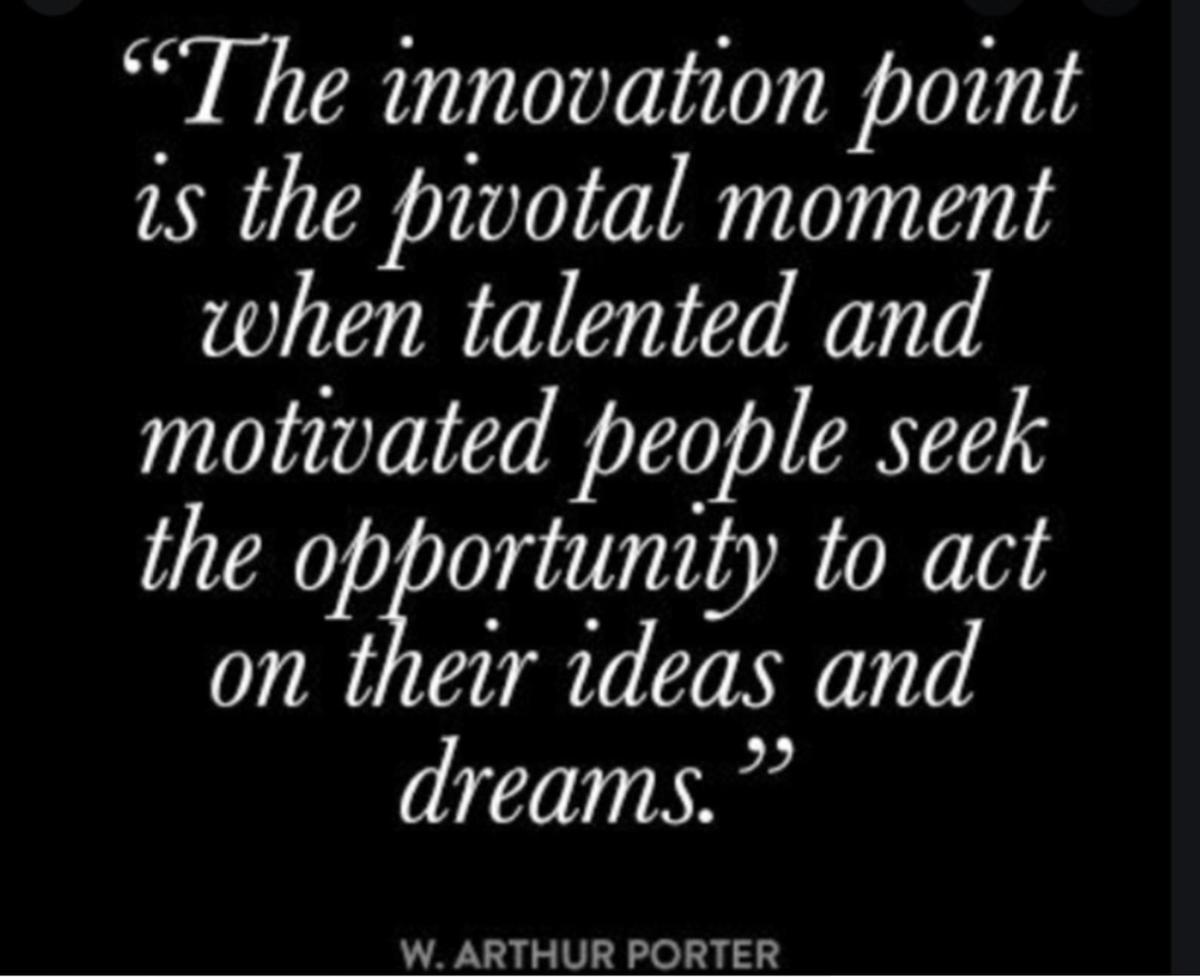Learning Updates
- School of Innovation

Learning Updates
- School of Innovation
Welcome to Term 4! We are very excited to share with you the wonderful learning opportunities and experiences we are looking forward to in the School of Innovation.
Year 7
Students are exploring the inquiry line of ‘The Future Lies in the Past’ where they are exploring how an innovation has happened and how it has been able to progress due to technologies. The students will finish the term exploring how we can be more sustainable as a community.
In English we will explore procedural writing, with students choosing to write about how to do something. The students began the term with finishing off their picture story books, and in Week 3 will read these to the Foundation classes before donating them to the School Of Wonder.
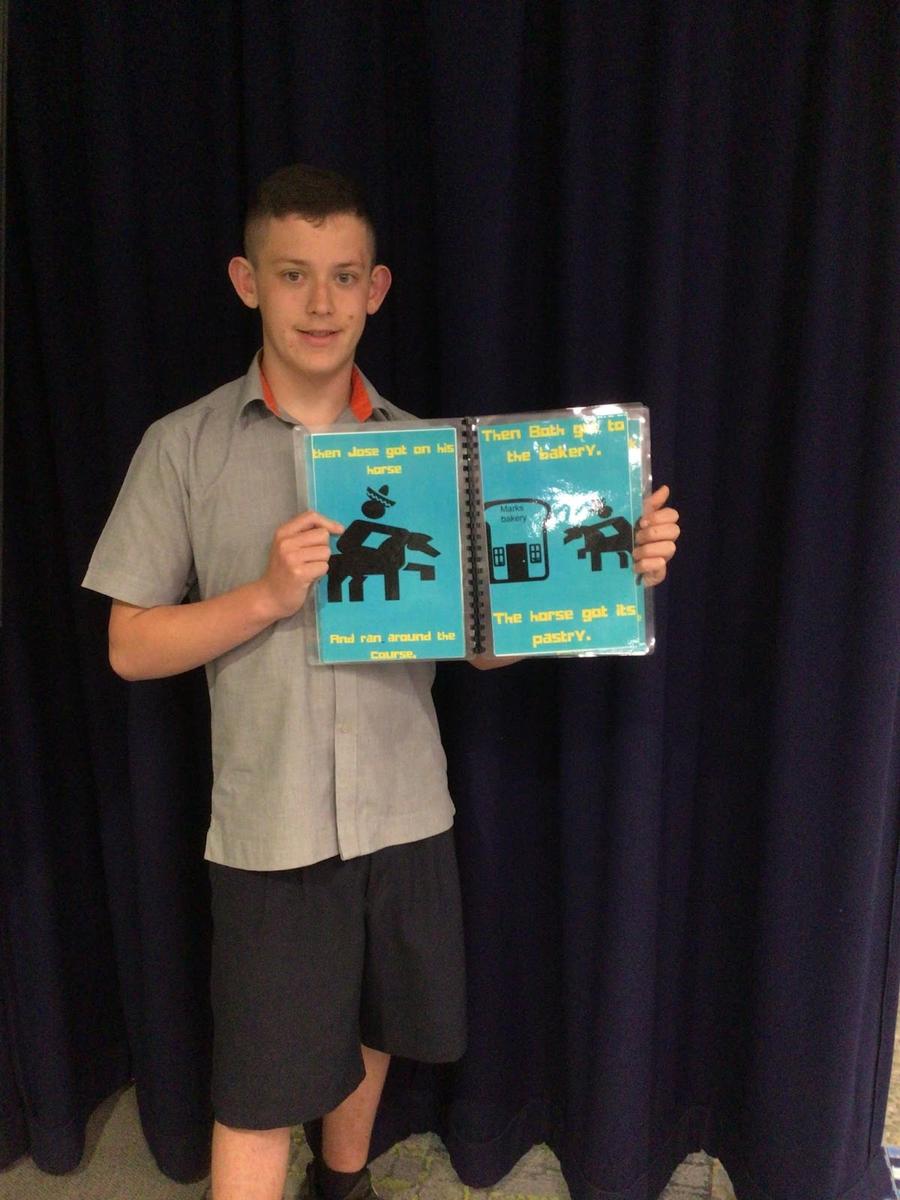
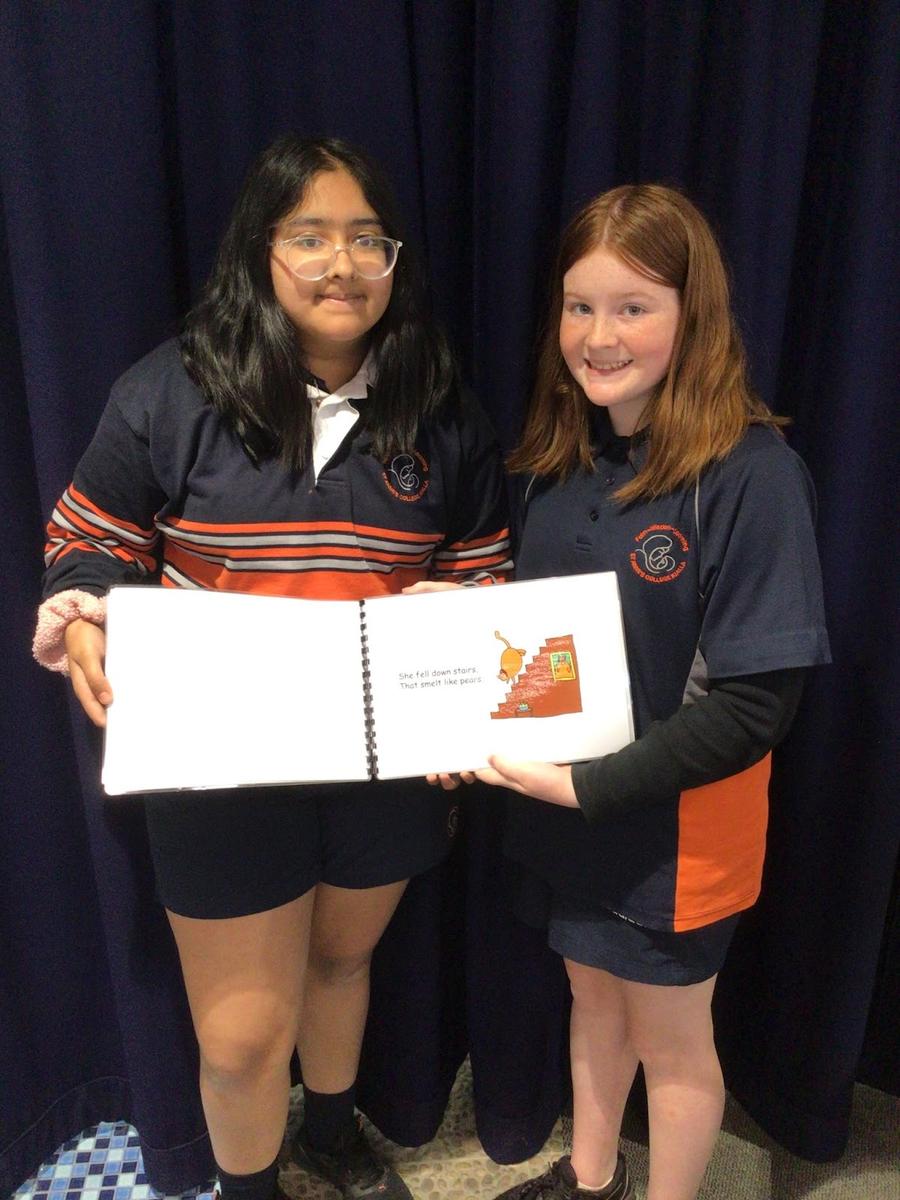
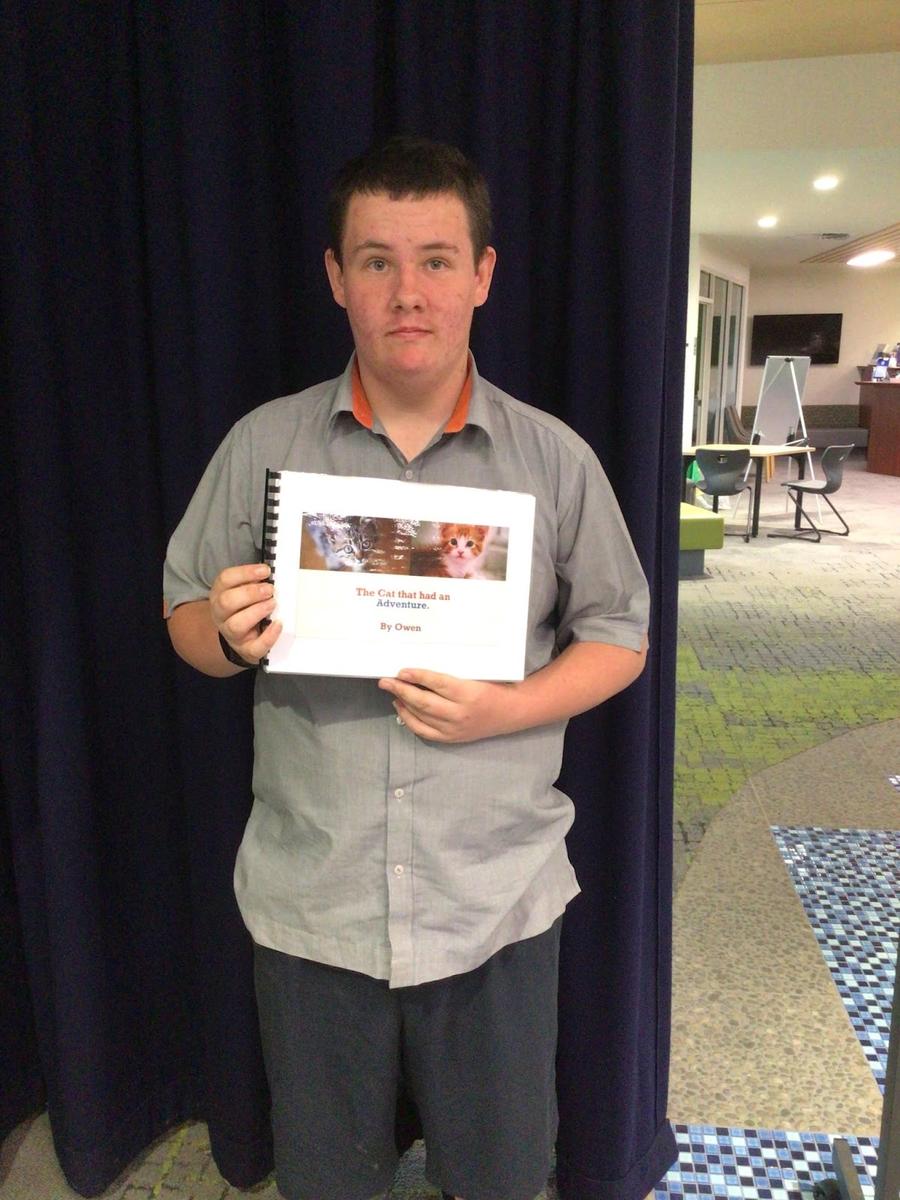
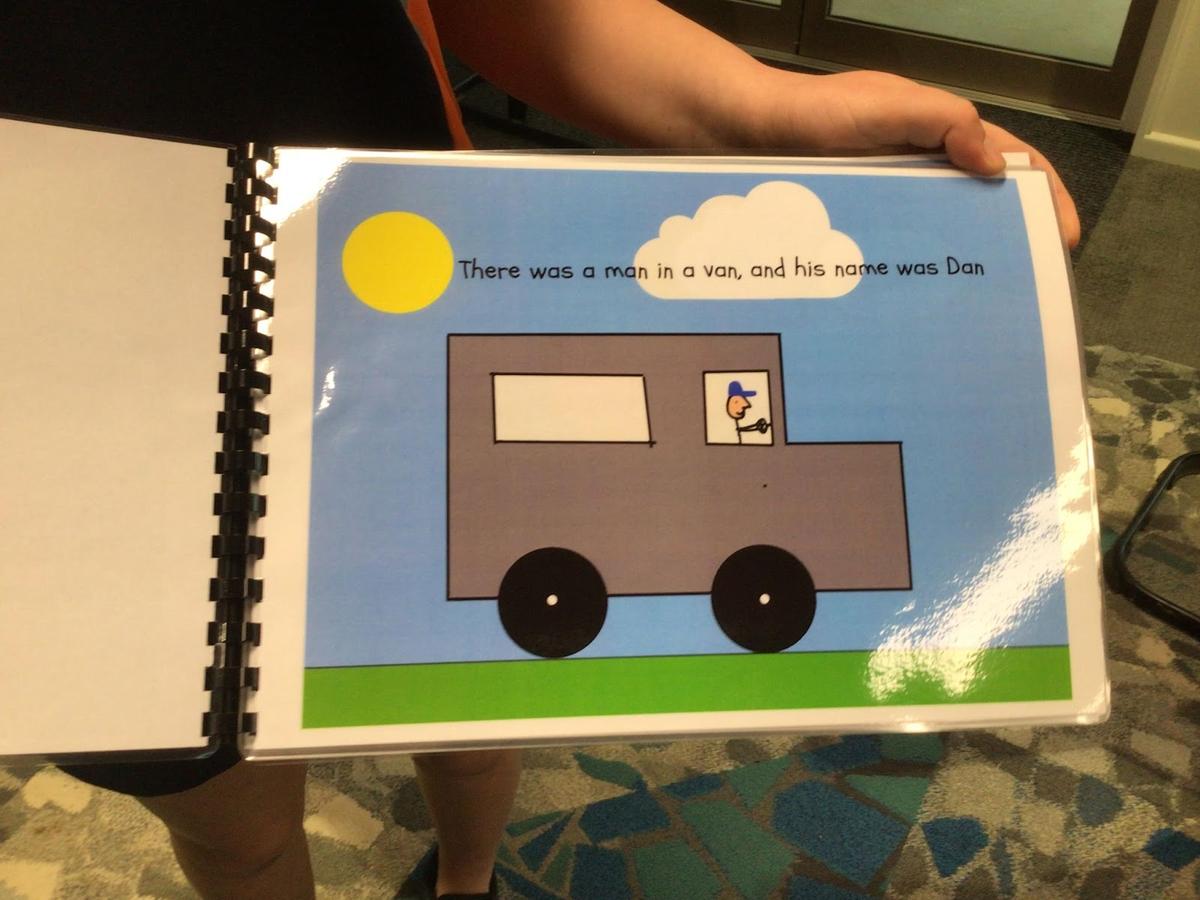
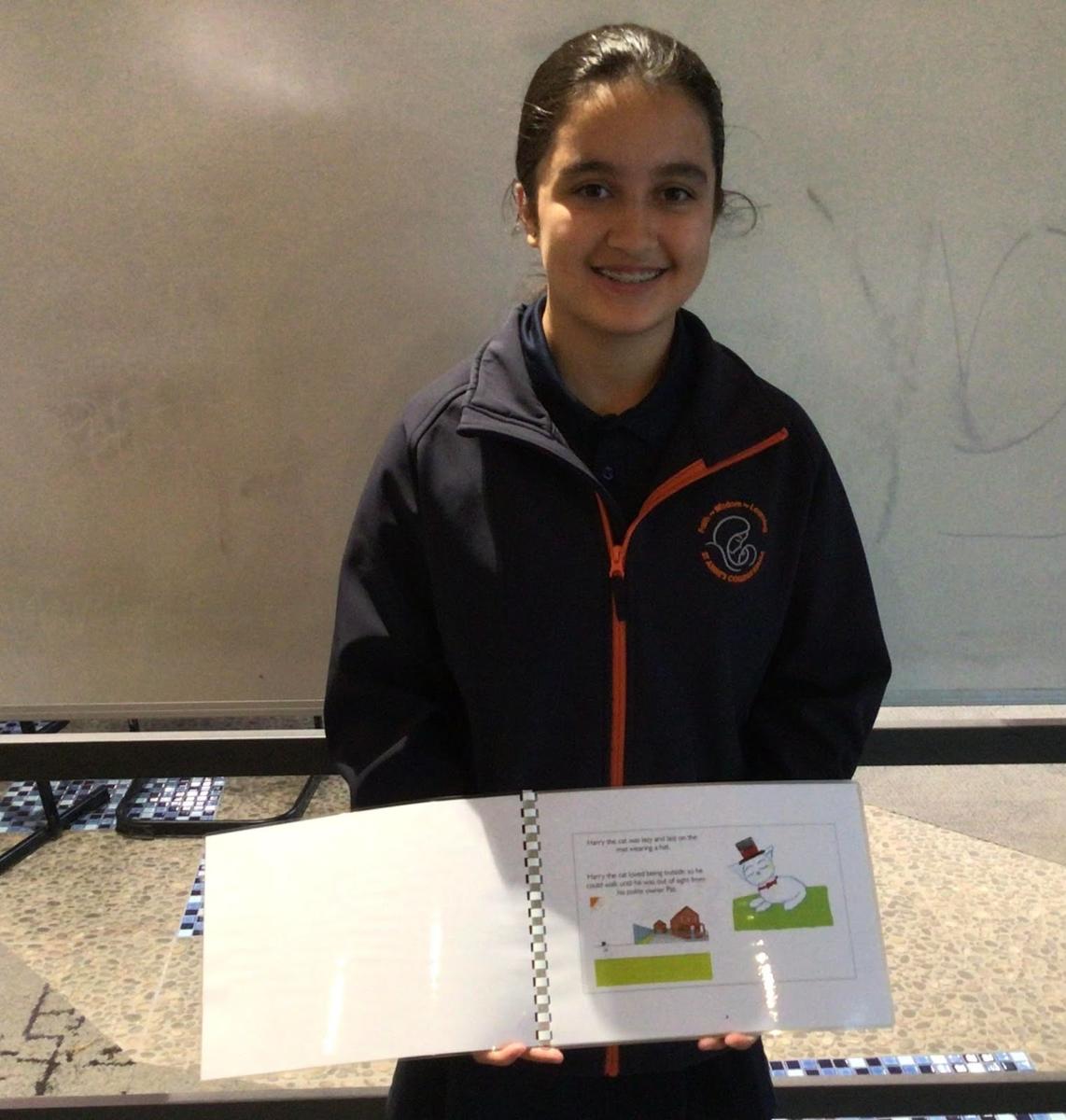
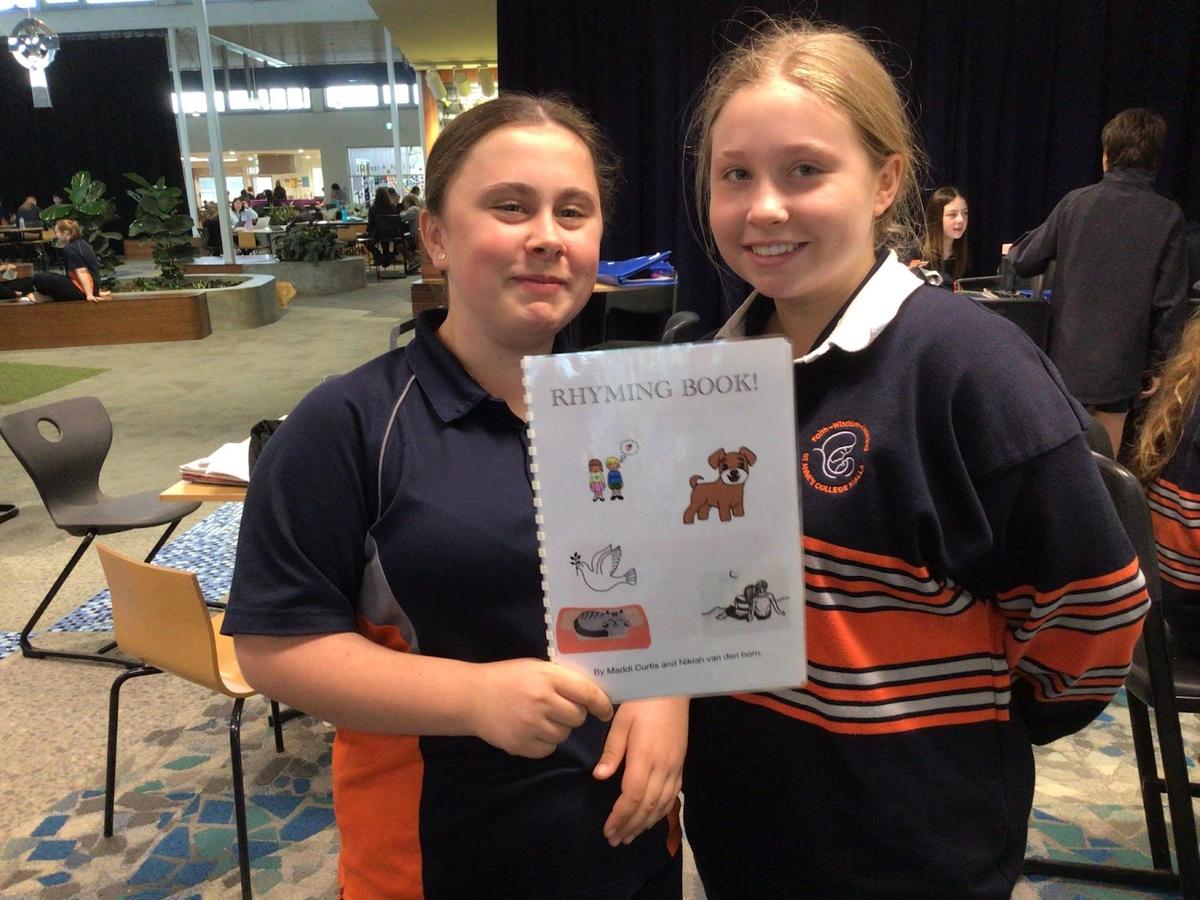
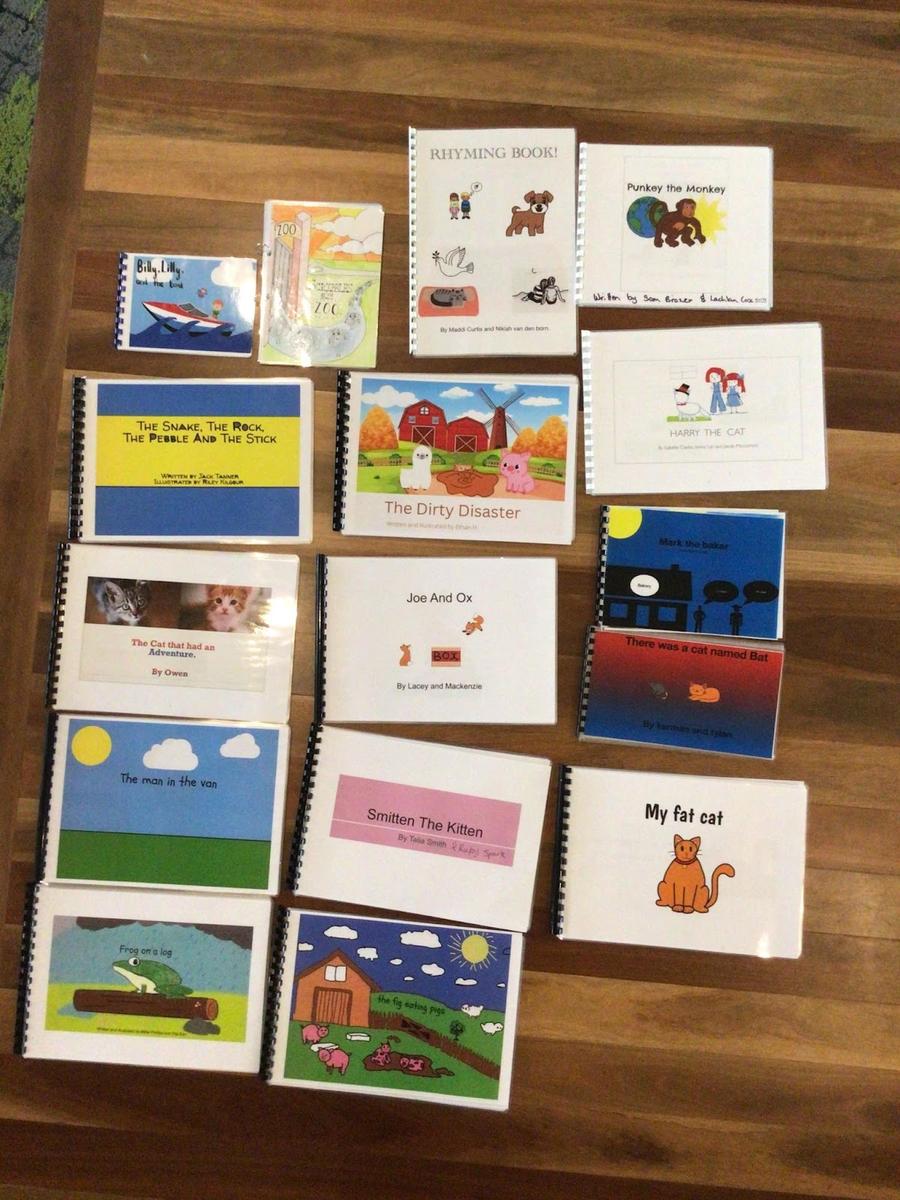
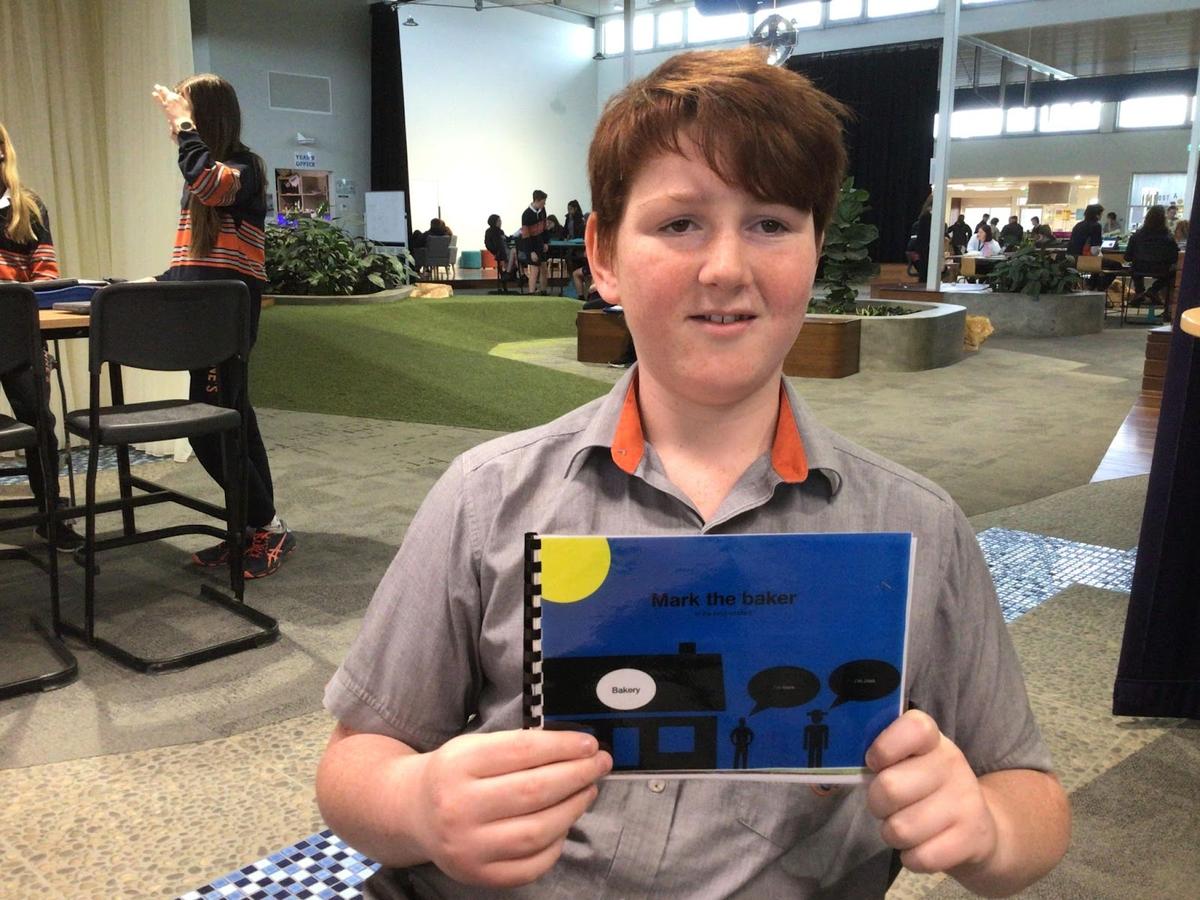
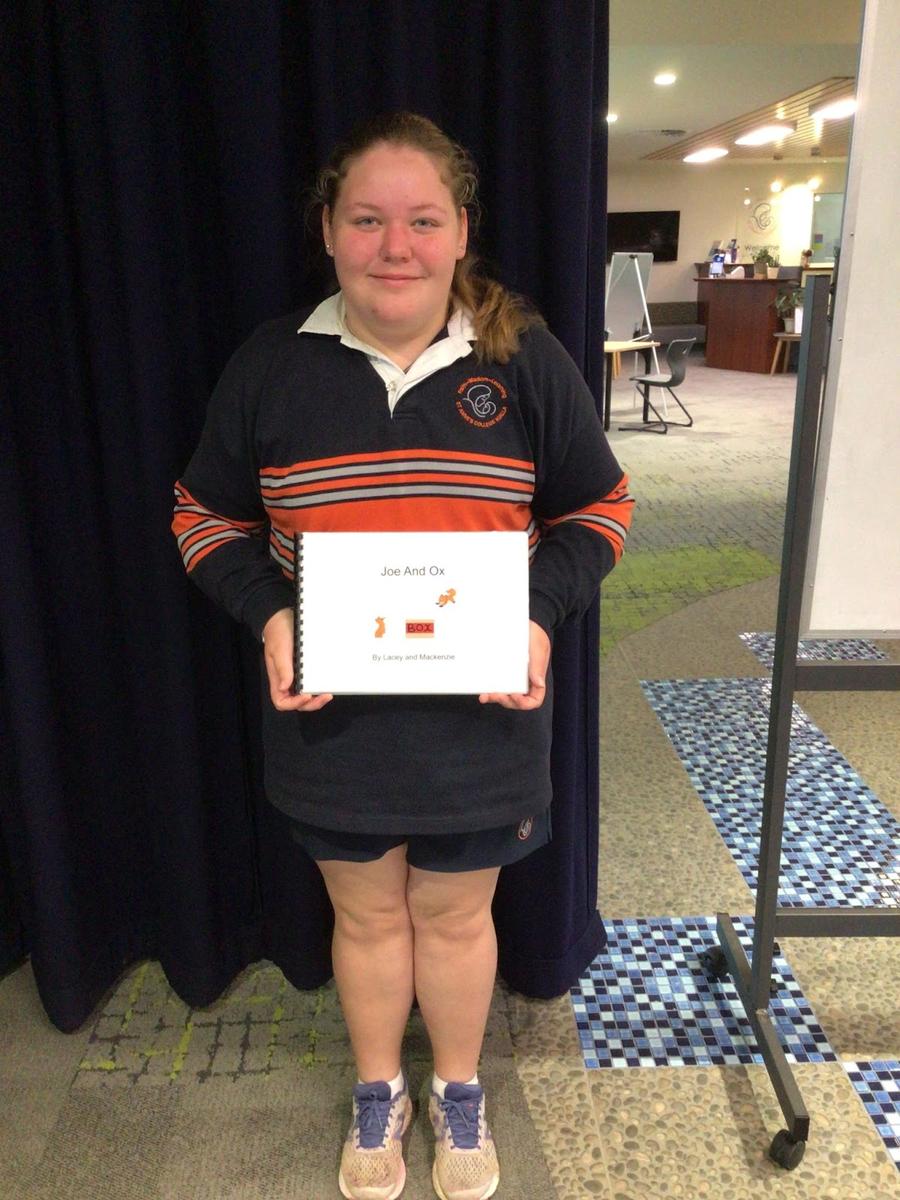
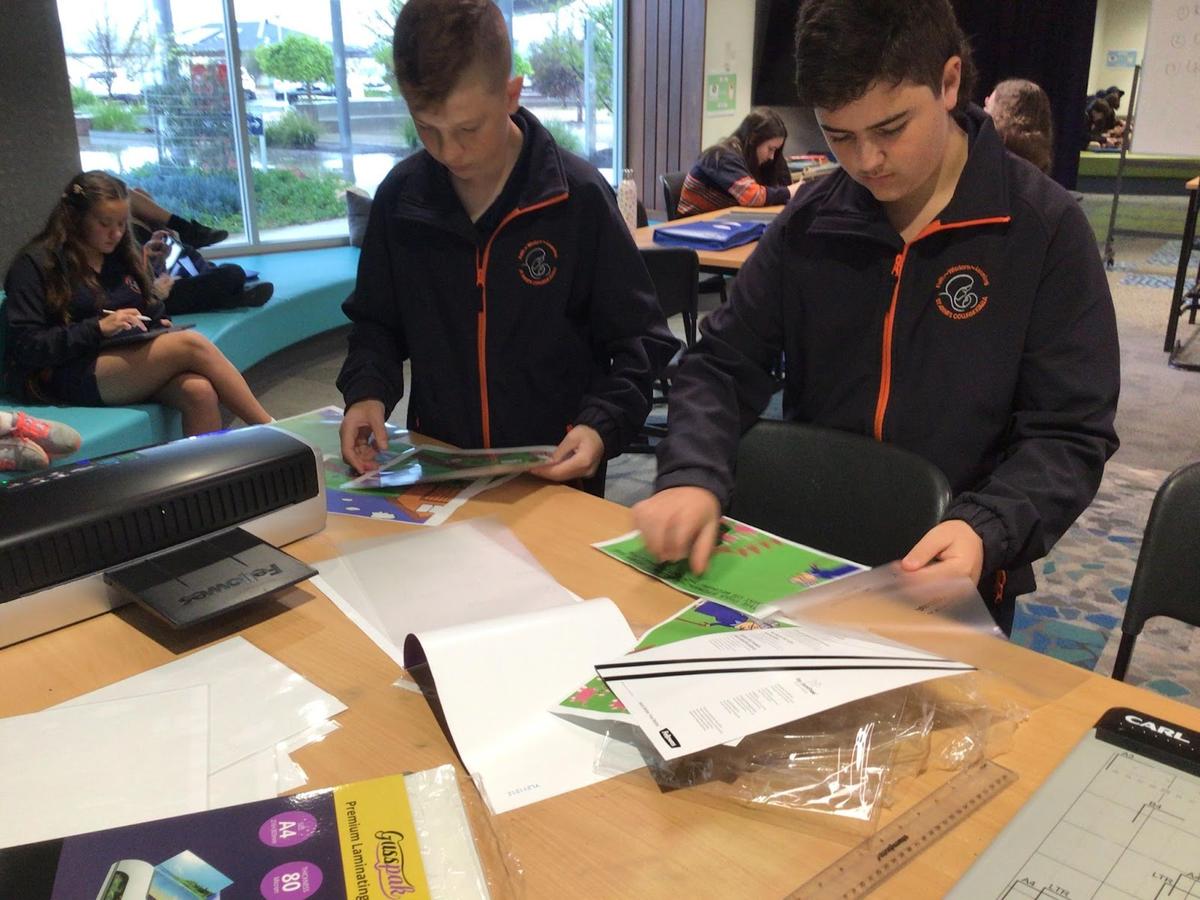
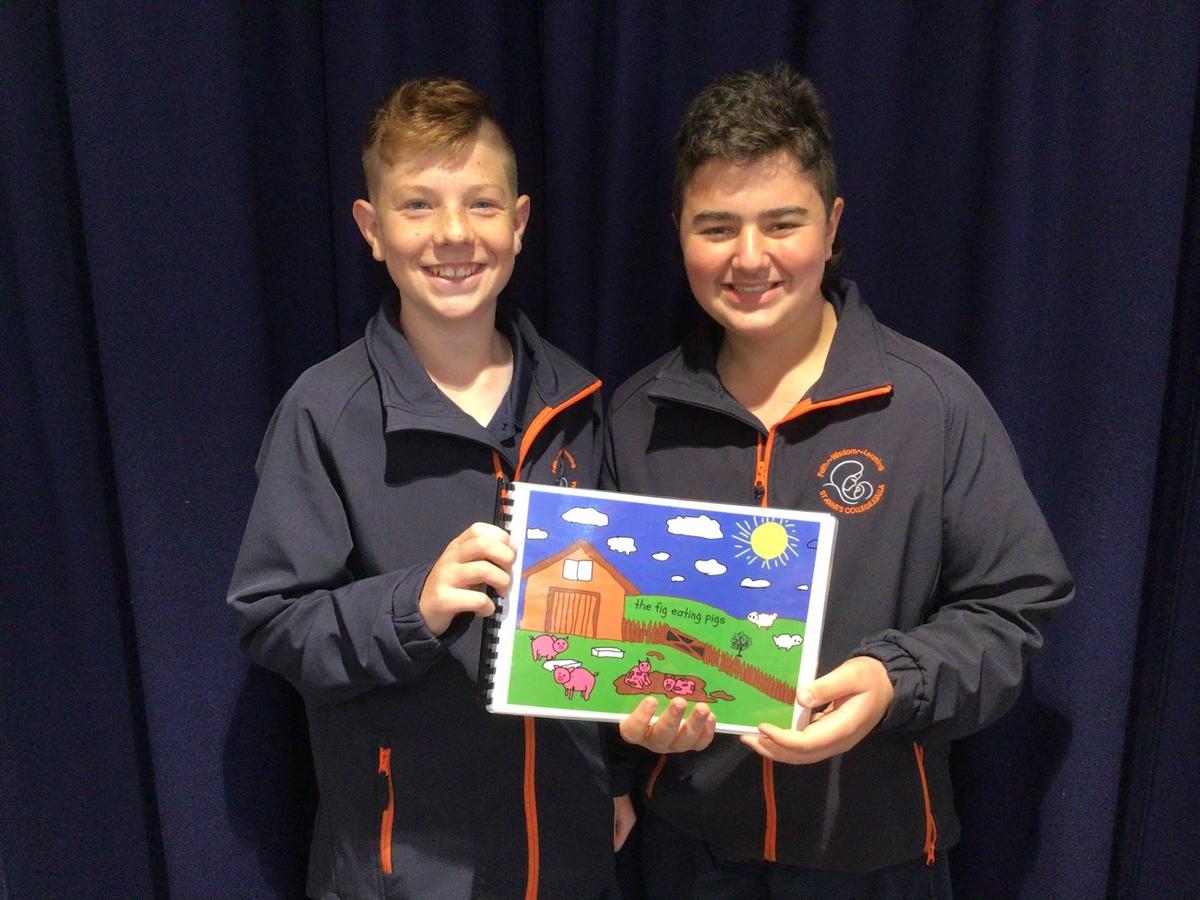











In Religious Education, students will begin to study ‘A Just World’ which ties in with our inquiry into a more sustainable world. This unit explores how we are all stewards of our world.
Students are learning about statistics and probability and will participate in an inquiry that encompasses all the skills they have learnt across the year.
Term 4
Assessment Outline
Global Learning and English
ASSESSMENT TASK | DUE |
| Picture Story Book | Week 2 |
| Procedural Writing | Week 4 |
| Global Learning | Week 6 |
| Narrative Writing | Week 8 |
Mathematics
| UNIT OF STUDY | ASSESSMENT | DUE |
| Statistics & Probability | Post Test | Week 5 |
| Number General All | Post Test | Week 6 |
| Measurement & Geometry General All | Post Test | Week 8 |
| Budgeting | Inquiry | Week 9 |
Religious Education
| SOURCE OF LIFE UNIT | ASSESSMENT | DUE |
| A Just World | Artwork | Week 6 |
- Marian Segrave, Year 7 Pedagogy Leader
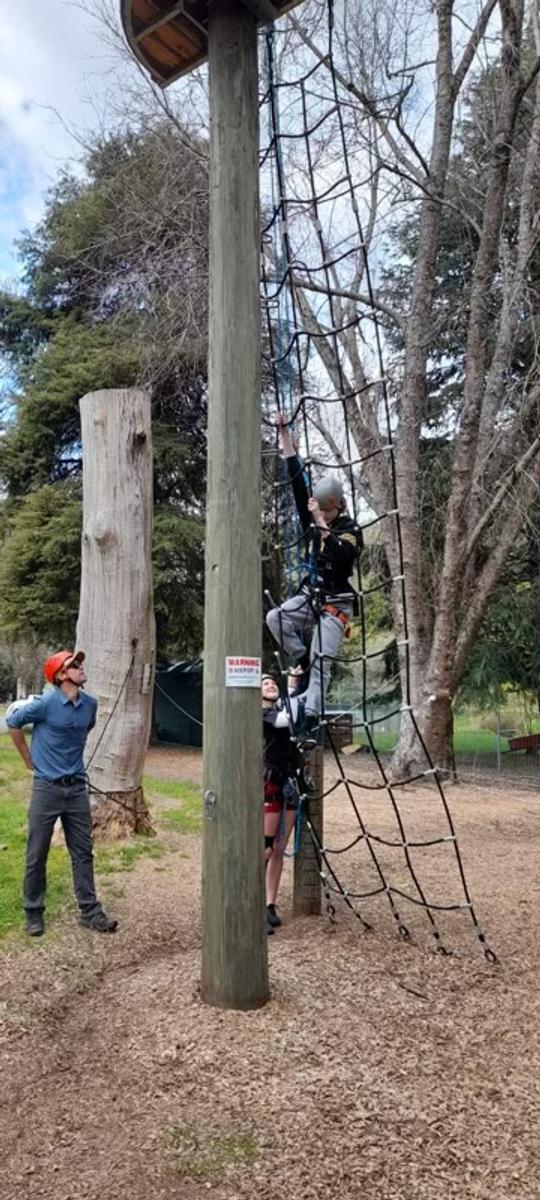

Year 8
The Year 8s had an exciting start to the term with their Harrietville camp. Those in attendance enjoyed a range of activities and some lovely weather in the mountains. It was fantastic to see such personal and social growth in our students with their displays of collaboration, resilience and willingness to try new things.
Our provocation this term poses the question, ‘Is it worth it?’ This theme will prompt students to explore their decision-making capabilities and think critically and ethically about their power as consumers. The learning will be complemented in English by students developing their persuasive writing skills and developing a review on a product of their choice.
In Global Learning students will begin to learn the foundations of business and economics, exploring how successful businesses make decisions, form goals and prioritise. We will also look at the rights and responsibilities of businesses and consumers.
Term 4
Assessment Outline
English
| UNIT OF STUDY | ASSESSMENT | DUE |
| Persuasive Techniques | Persuasive Response | Week 3 |
| ‘Is it worth it?’ Product Review | Written Review | Tuesday Week 7 15th November |
Mathematics
| UNIT OF STUDY | ASSESSMENT | DUE |
| Linear Equations | Post Test | Week 5 |
| Chance | Post Test | Week 8 |
Religious Education
| SOURCE OF LIFE UNIT | ASSESSMENT | DUE |
| Identity, Gender and Relationships | N/A | Weeks 1 - 4 |
| The Story of Moses | Storyboard Task | Week 9 |
Is it Worth it?
| TASK | ASSESSMENT | DUE |
| The Ethics of Chocolate | Investigation | Week 5 |
- Olivia Sorbello, Year 8 Pedagogy Leader
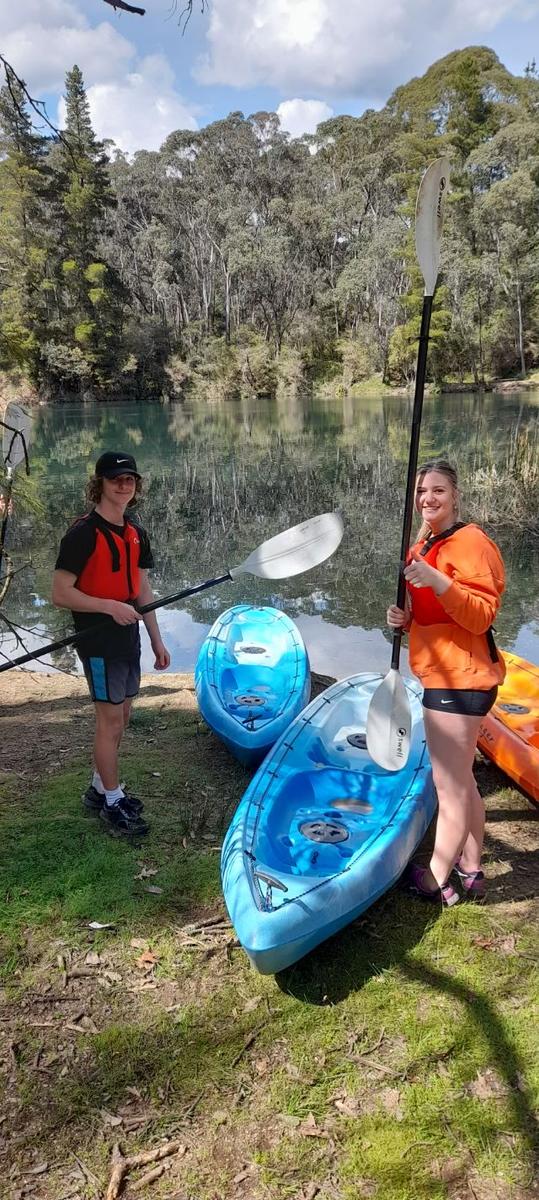

Camp began on Monday the 3rd of October when we drove three hours to Harrietville to stay at the Feathertop Chalet. We first unloaded our luggage into our cabins that we would be staying in for three days. Once we set up our beds, said "Hi" to our cabin mates and inspected our cabins for things that the people before us left behind, we went outside to do two of the five activities that we would be doing during our time at camp. There was kayaking, the giant swing, the high ropes course and mountain biking. For afternoon tea the camp provided us with muffins, and for dinner lasagna. After dinner, Trivia with Olivia began, and once that was done we all went back to our cabins and fell asleep so that we could begin the next day.
On the second day we were at camp we had breakfast and then we had to check what we were going to have so if we went kayaking we could change clothes. We had a half an hour break for the people who went kayaking and the other people had morning tea. After that we had our next activity and had an hour break for lunch and with that the people who were going to do kayaking got changed and left for the last activity. At around 3:00pm we had a choice if we wanted to go swimming or not. After that we had a two- to three-hour break to watch a movie or play games. Around 6:00pm we headed to the dining area so we could have dinner. After that we headed back to finish watching a movie and play around. At 9:30pm we all headed to our rooms for bedtime.
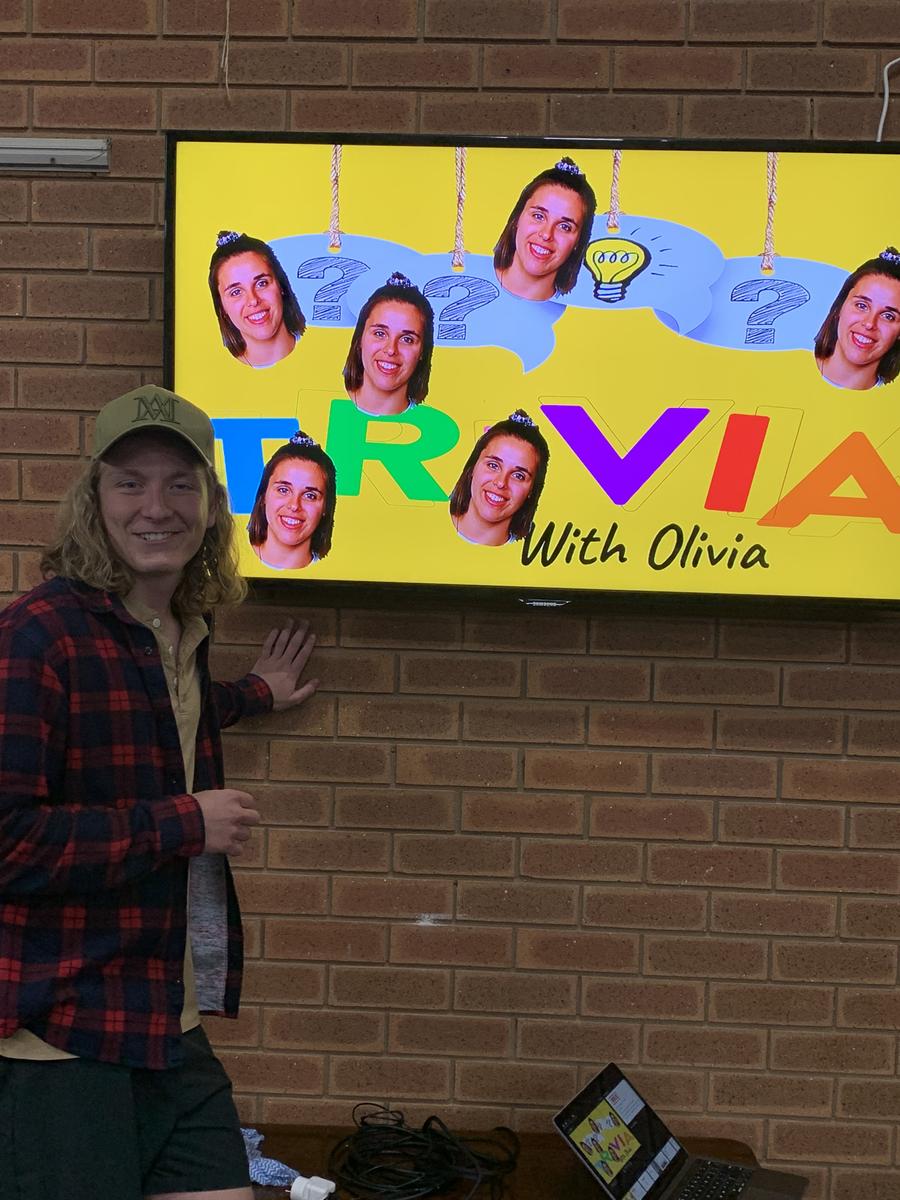
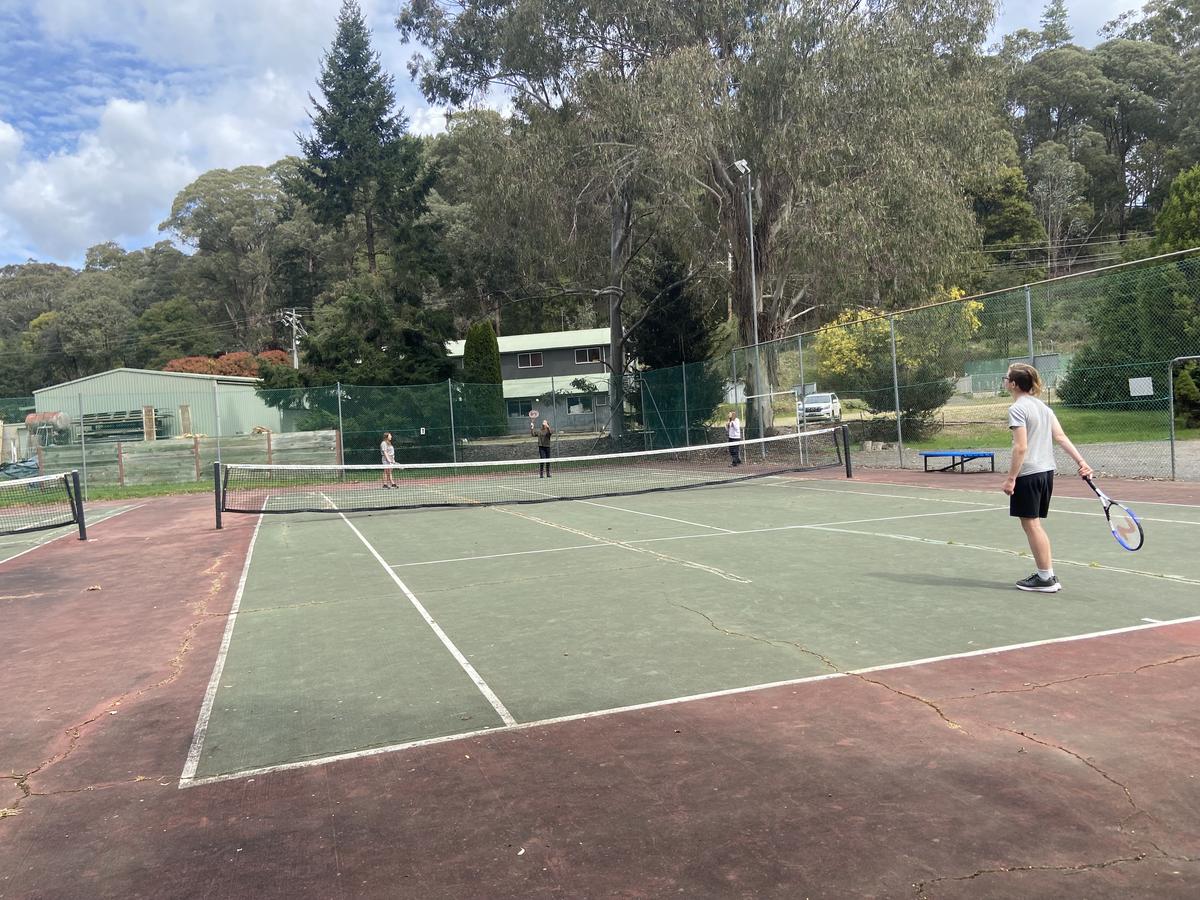


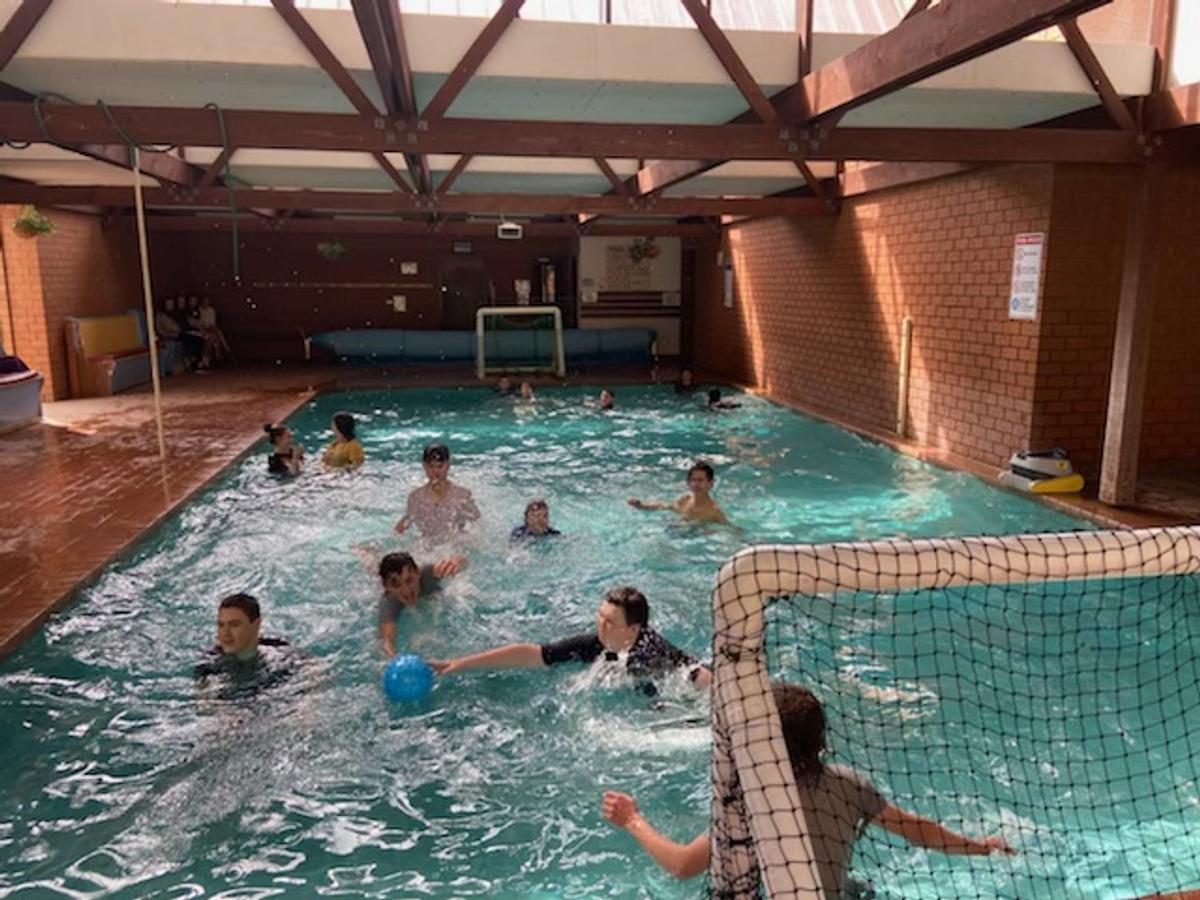

The last day of camp was a little busy because we had to clean our cabins and we had to pack all our clothes but after we had done packing and cleaning, we were allowed to either watch a movie or play in the stadium. It was a cold morning but when the buses arrived we went, and then stopped at about 12:30pm and had our lunch, and then we left for school and arrived at school at around 2:40pm.
Some of our favourite activities were kayaking and the high ropes course, even though they were scary at first. Thank you to all the Learning Mentors and Learning Support Officers who came with us to camp!
- Reed Harrington, Kawalpreet Kaur and Sukhreet Hayer, Year 8, School of Innovation
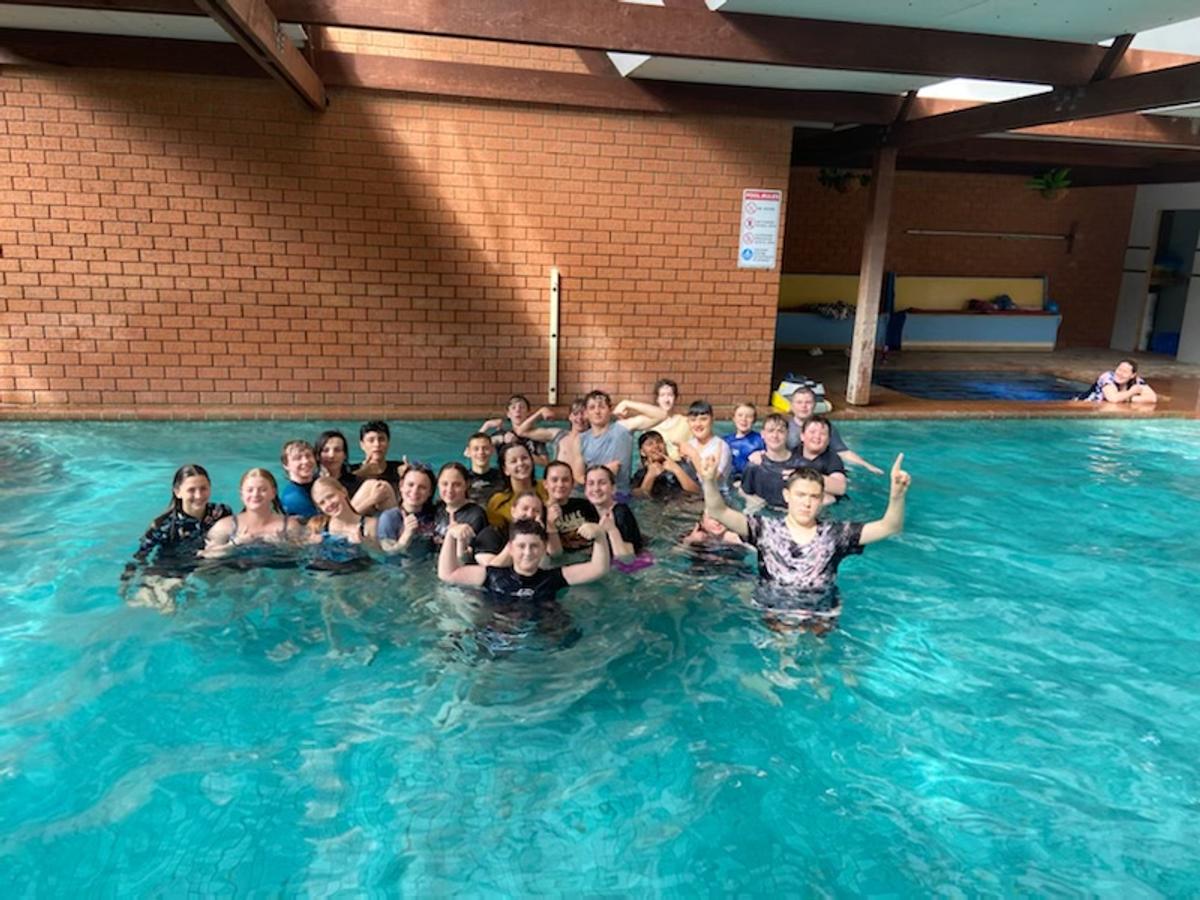
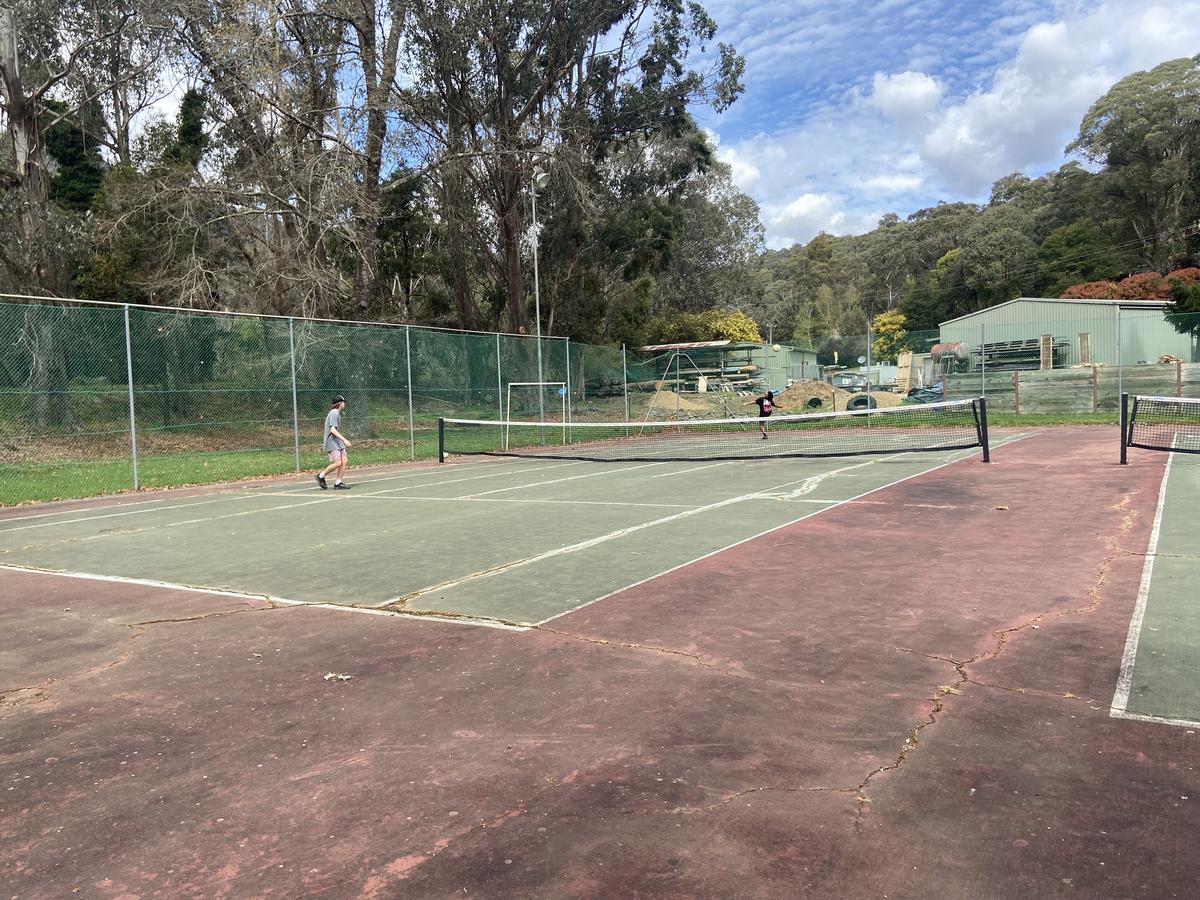
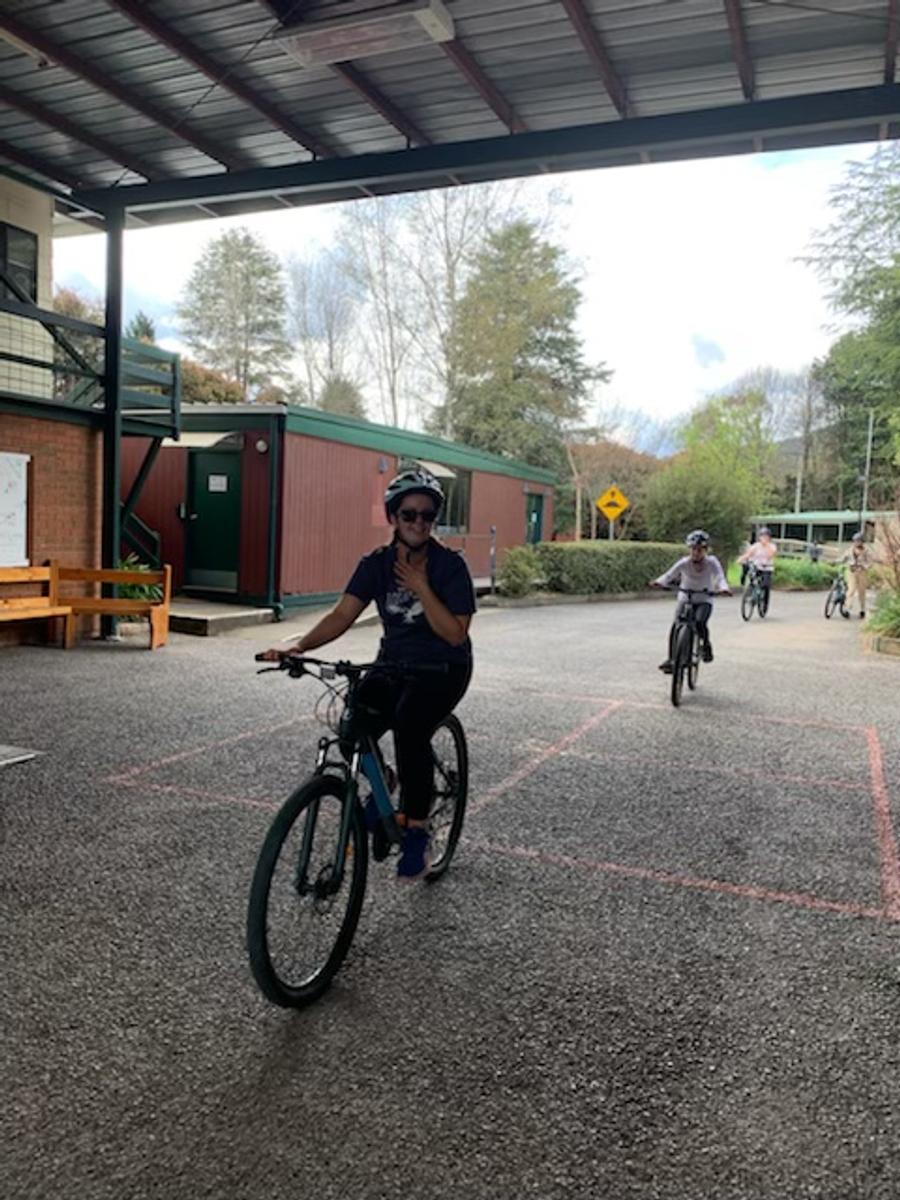
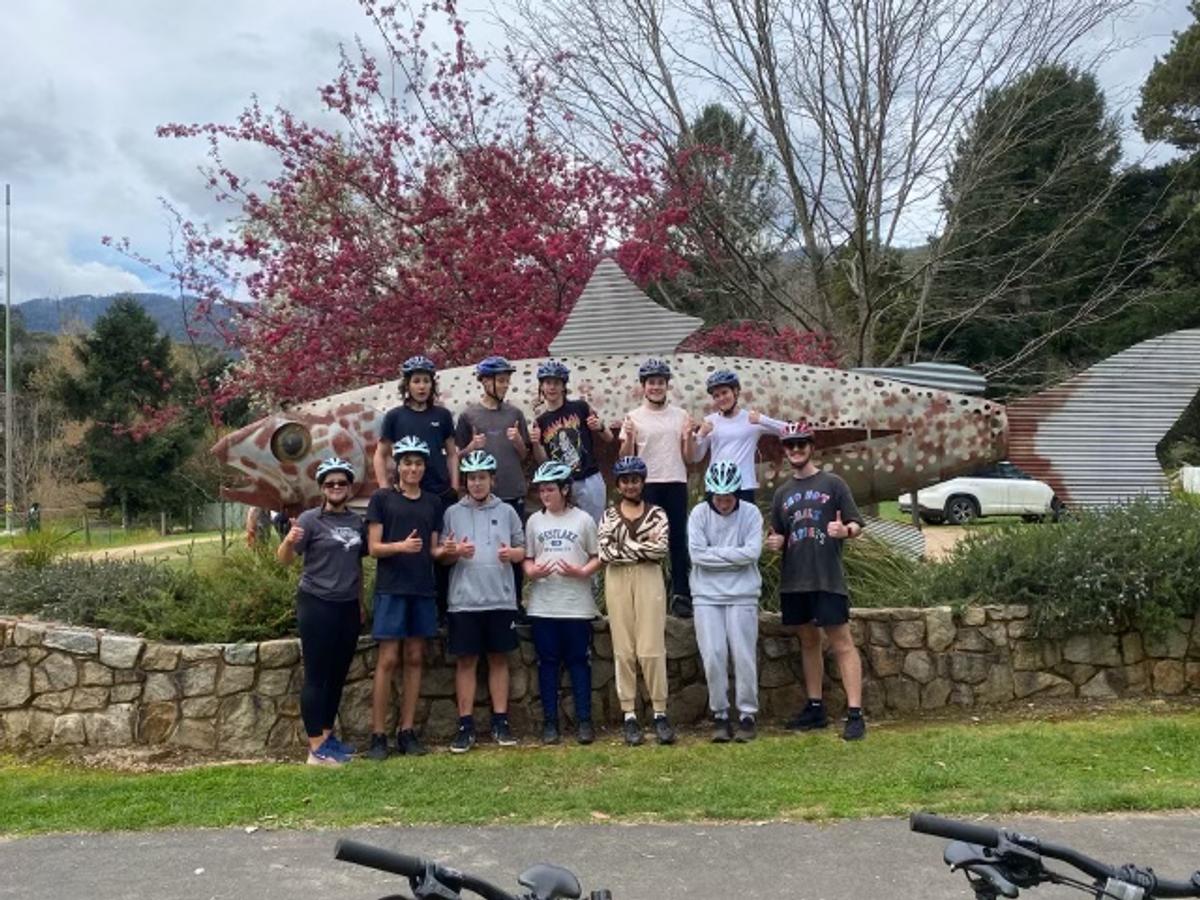
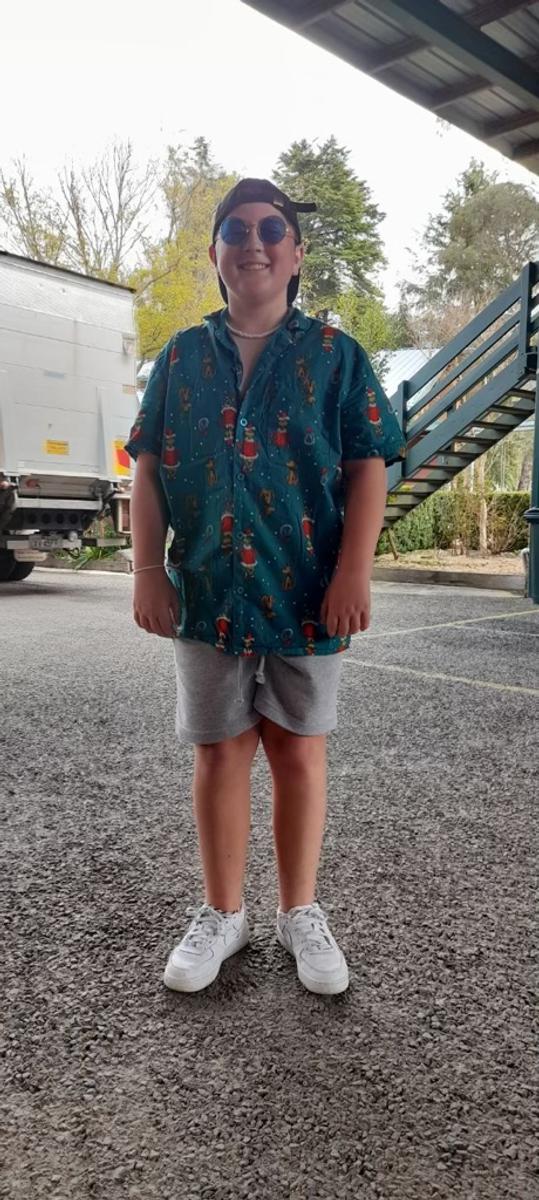
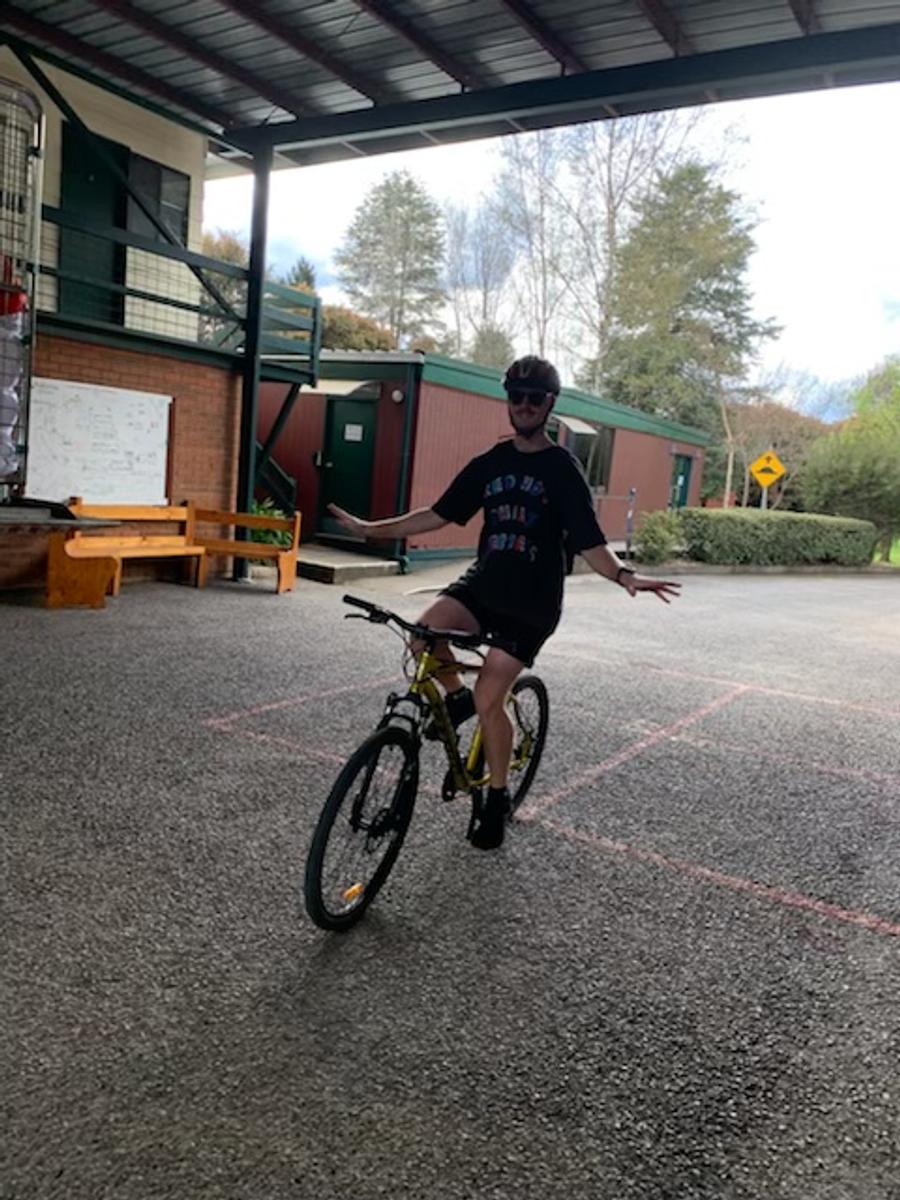
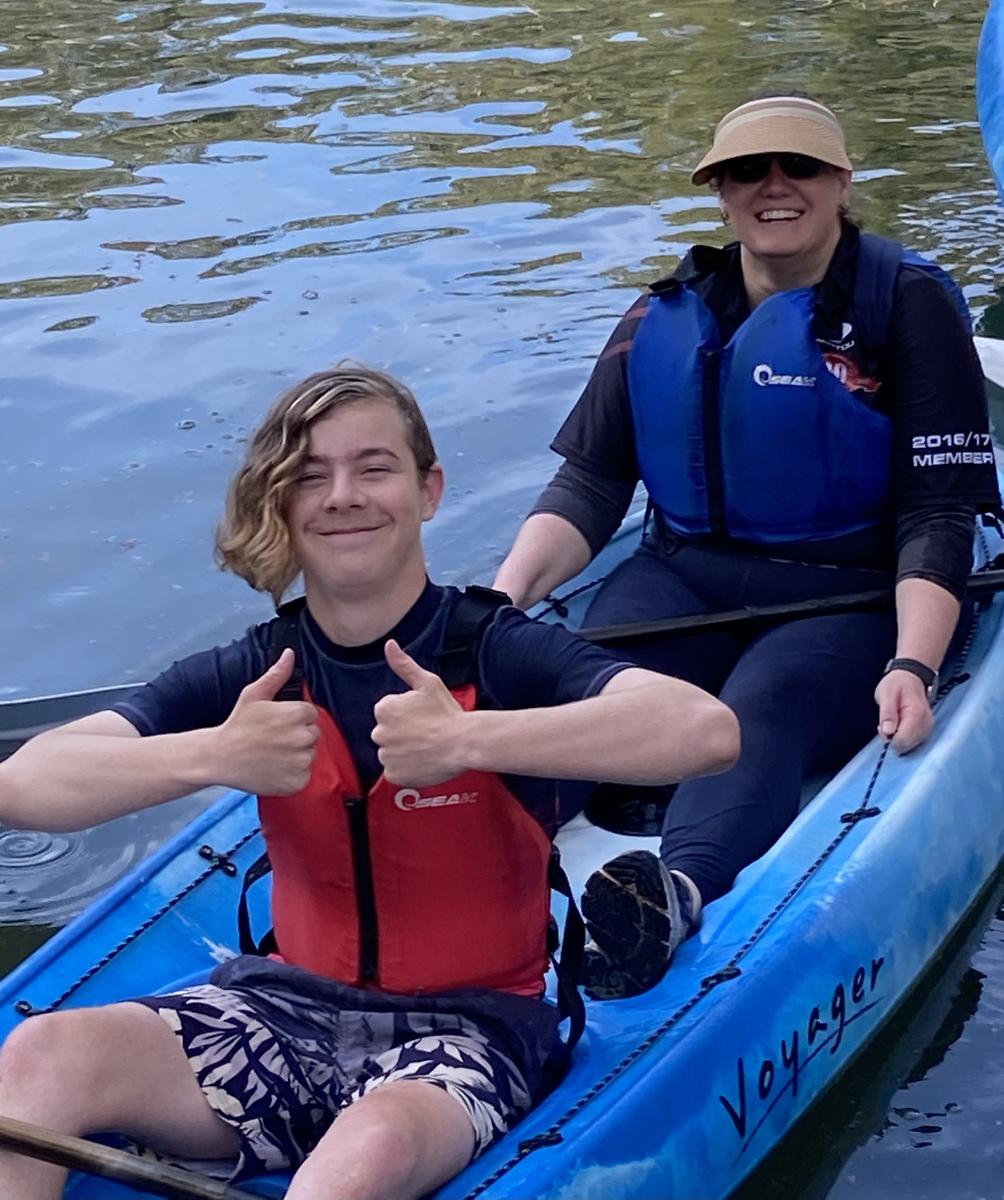
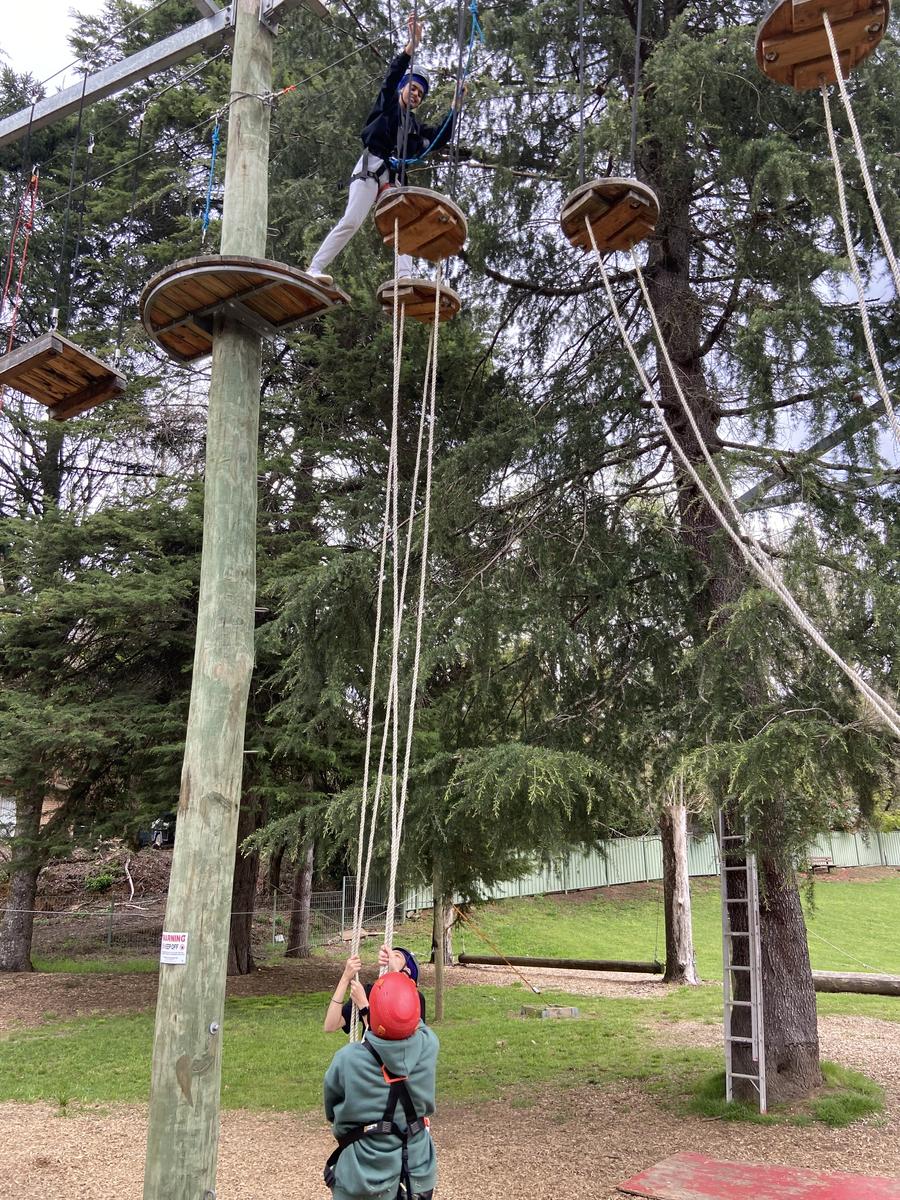
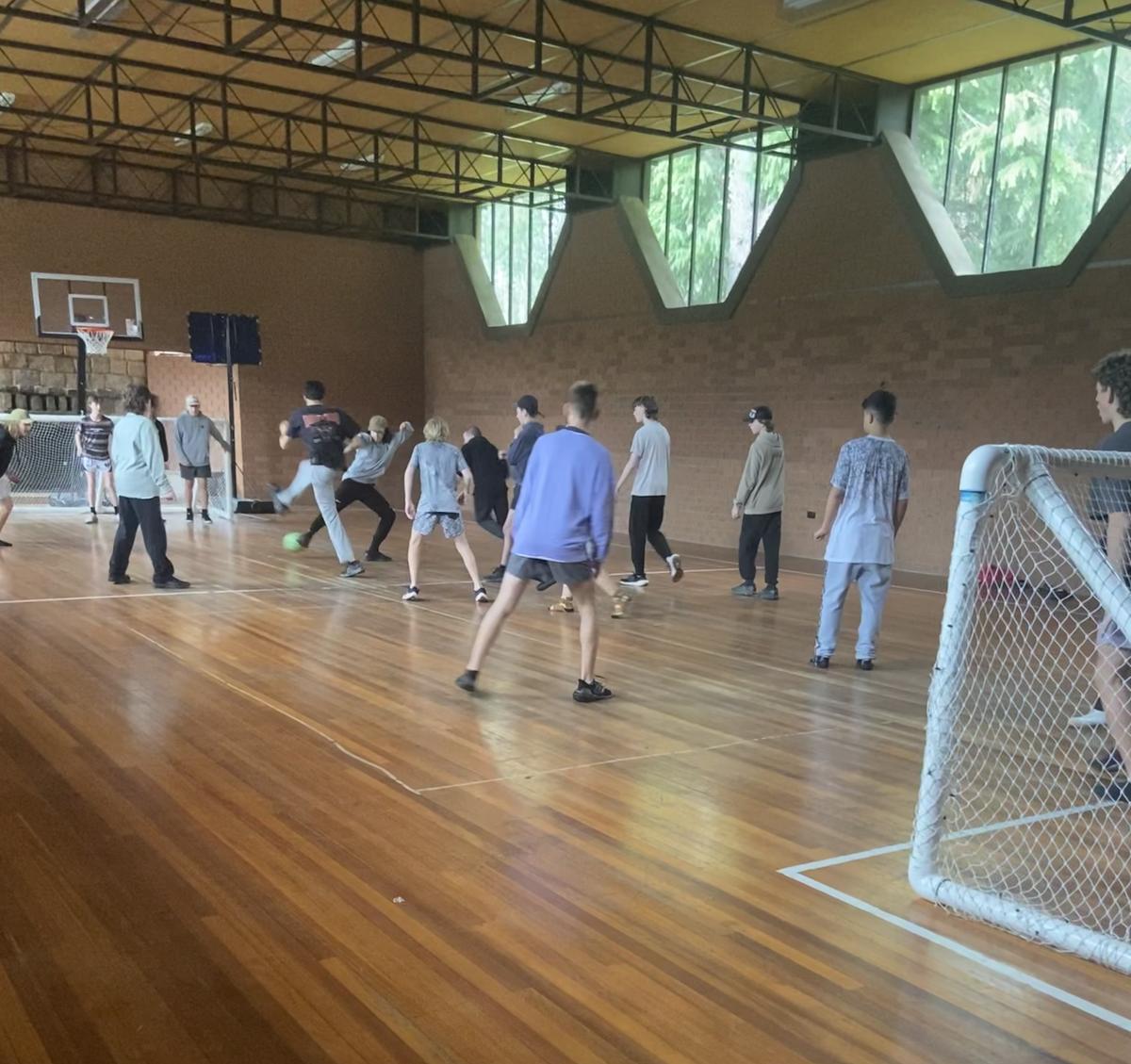
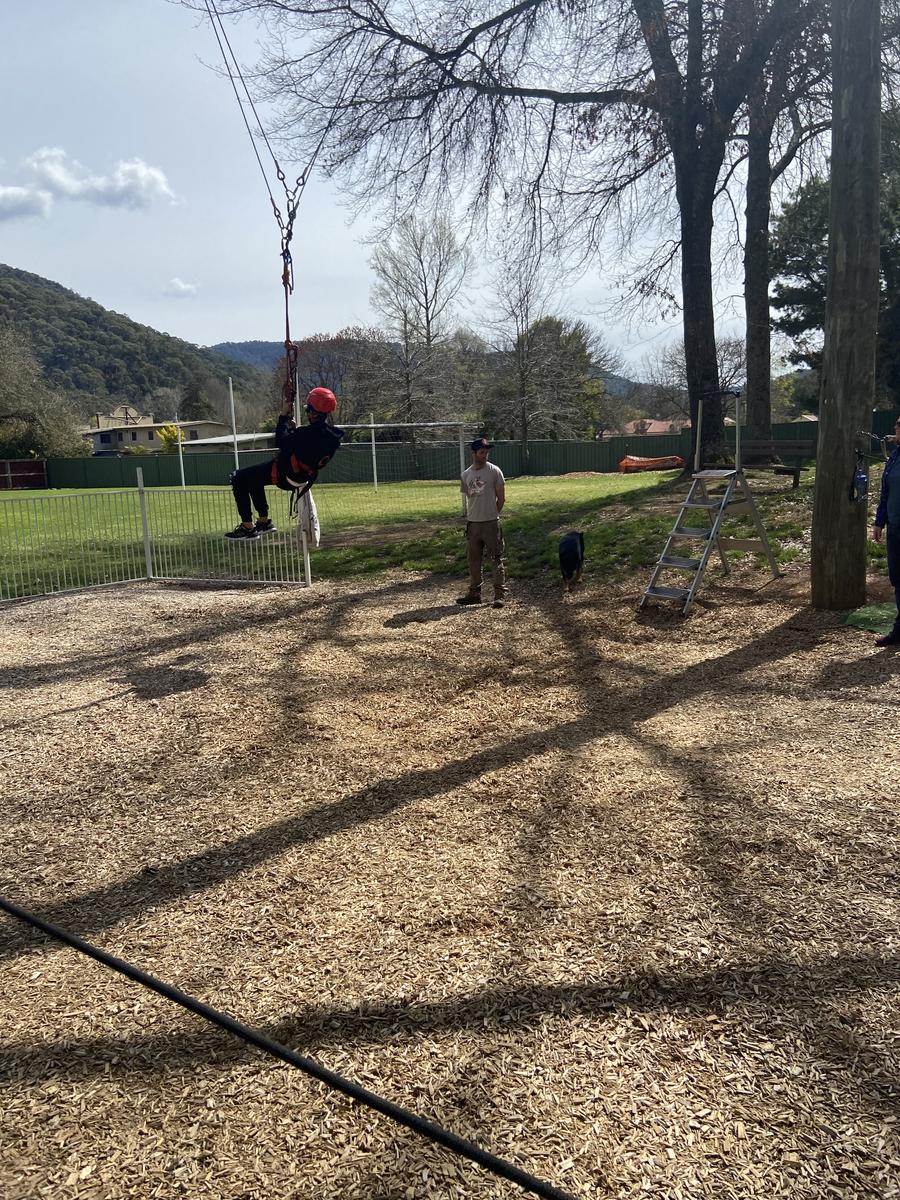
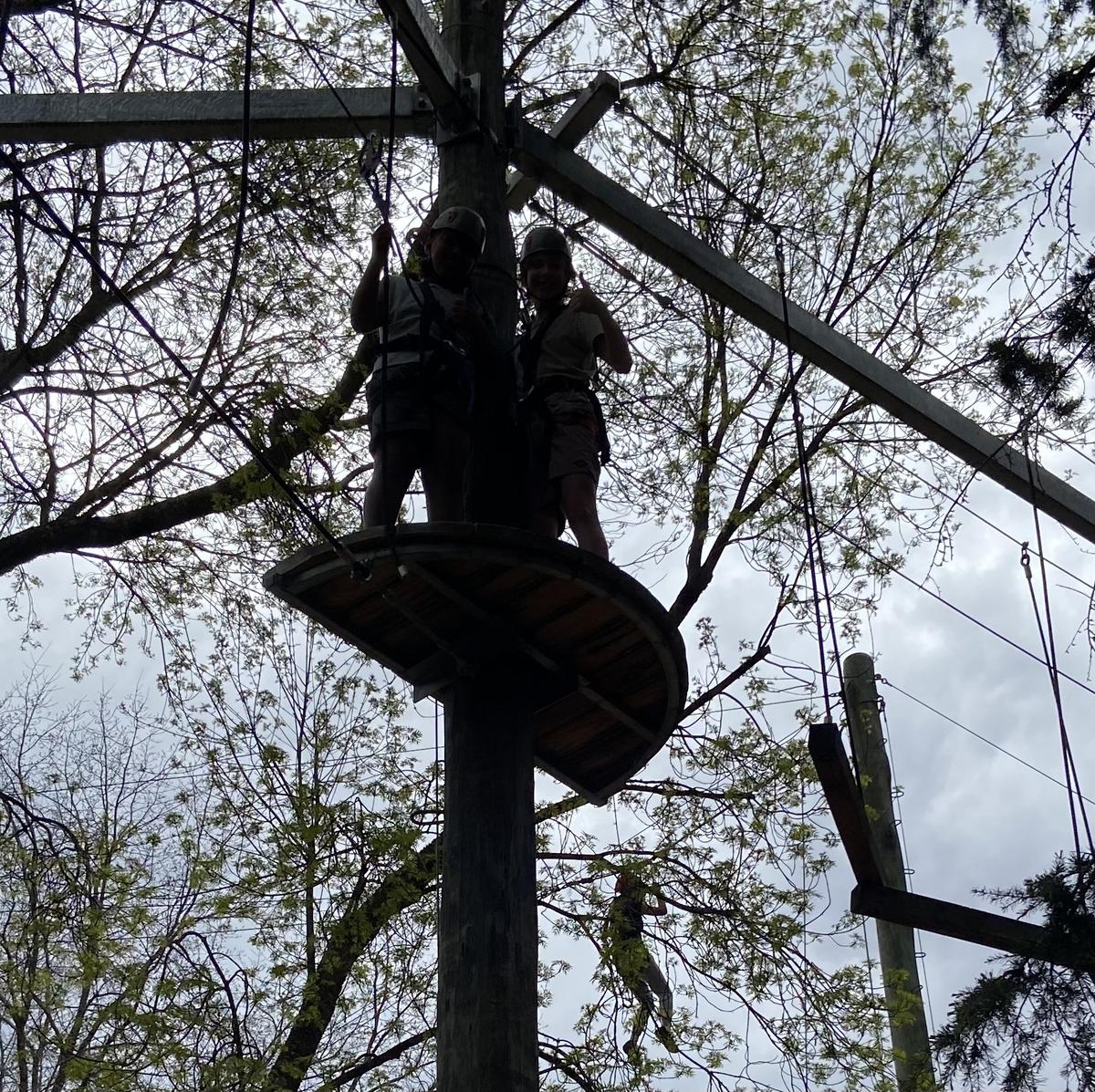
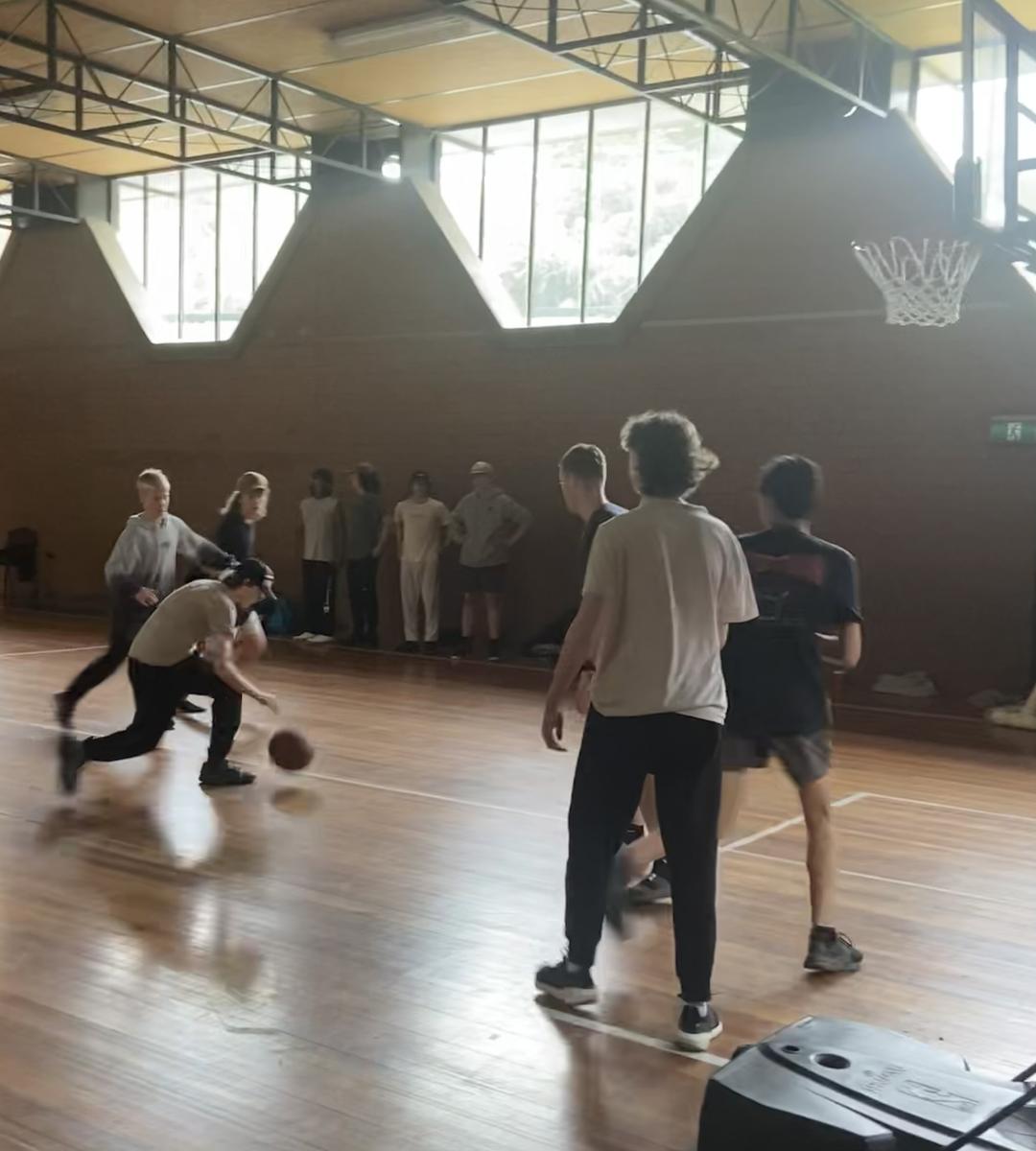
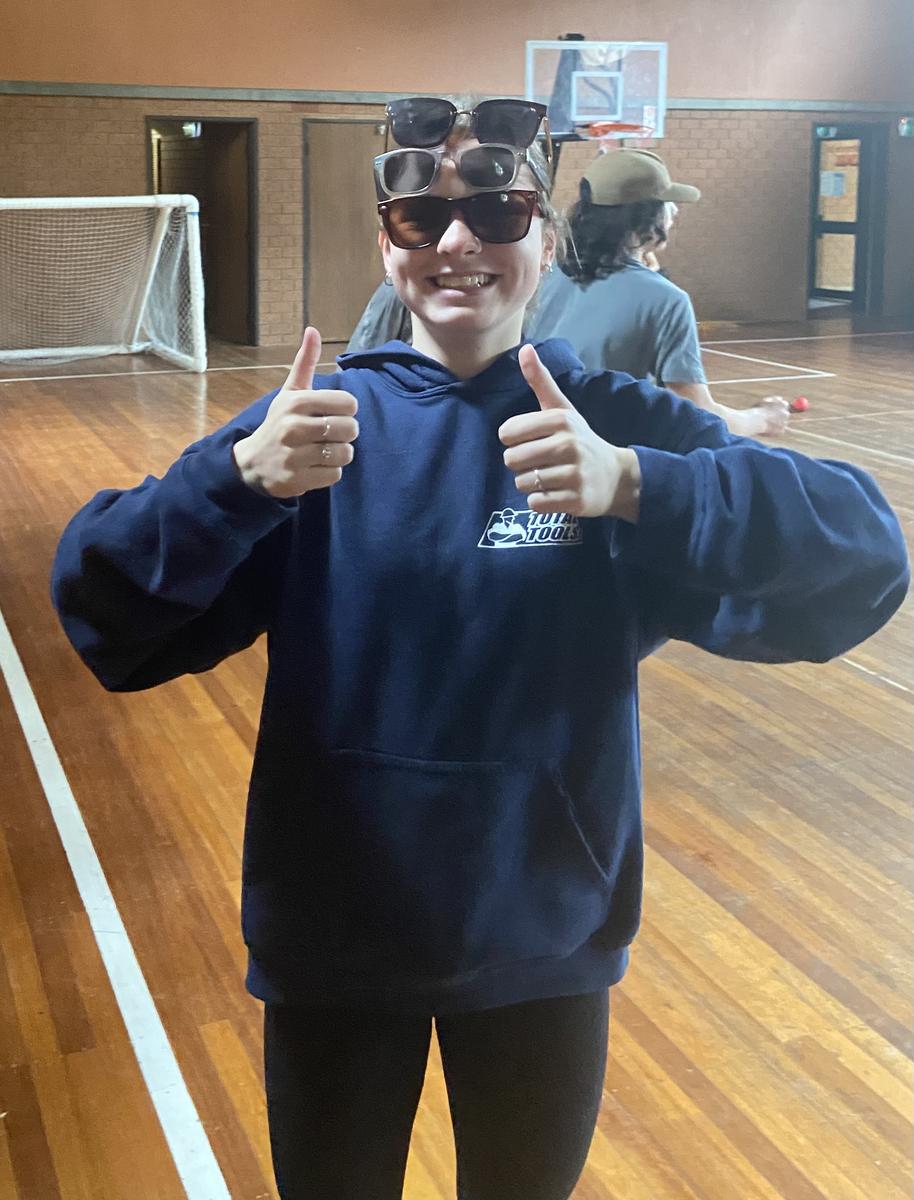
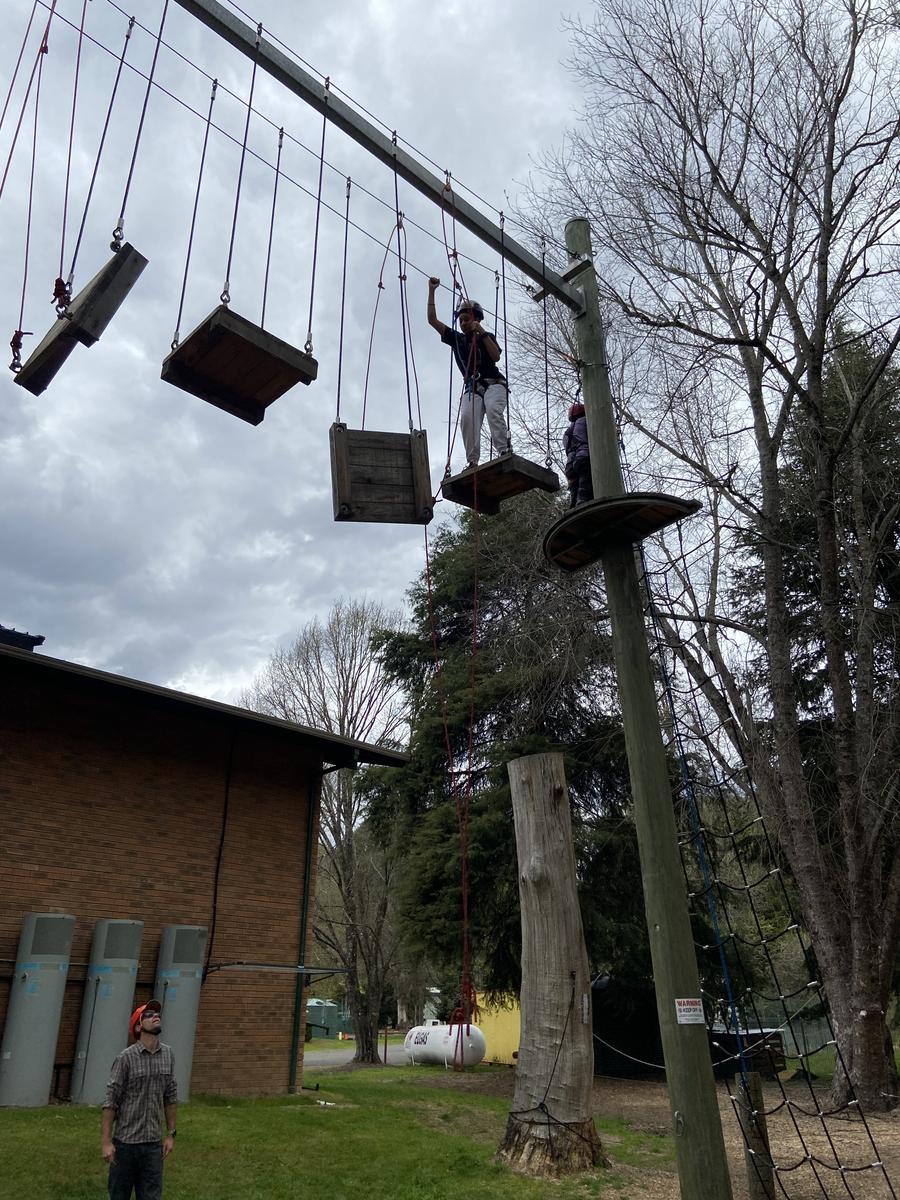
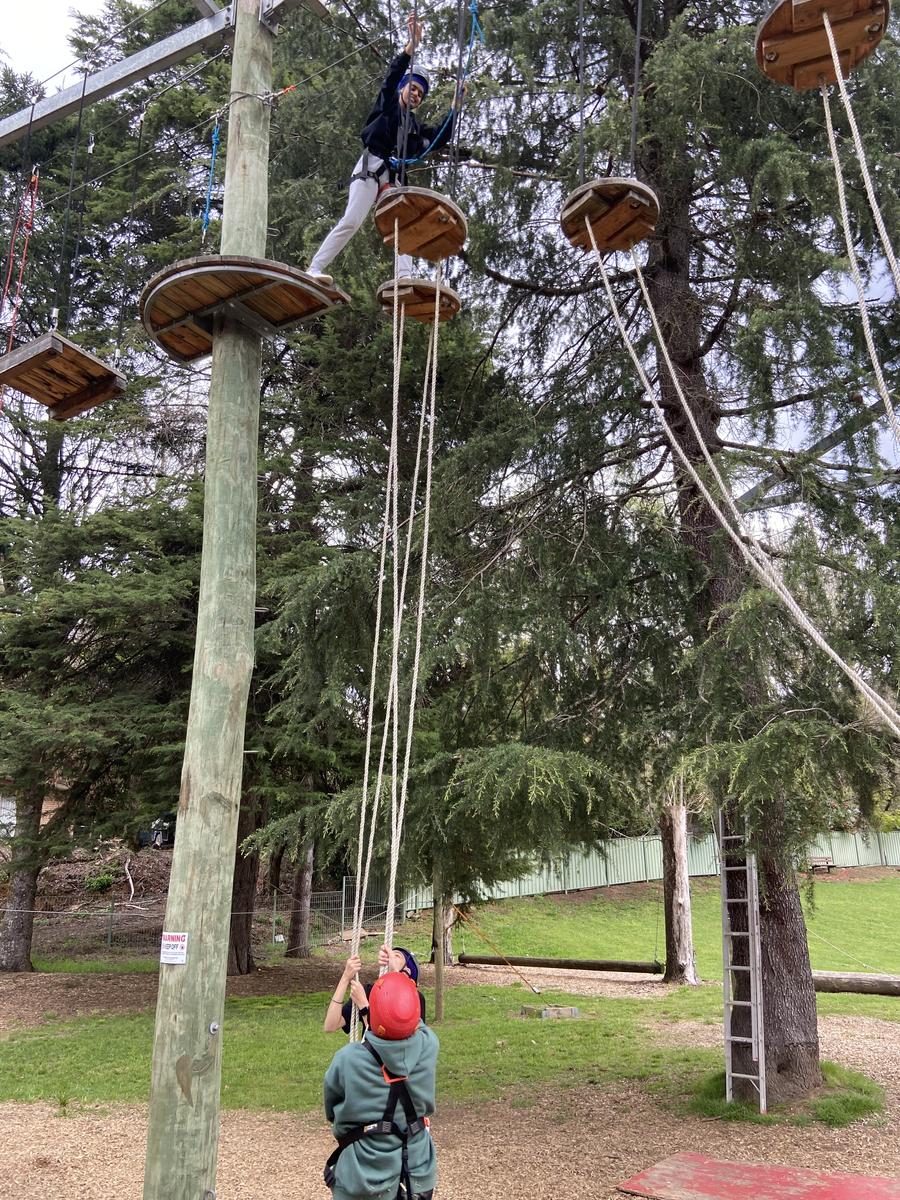
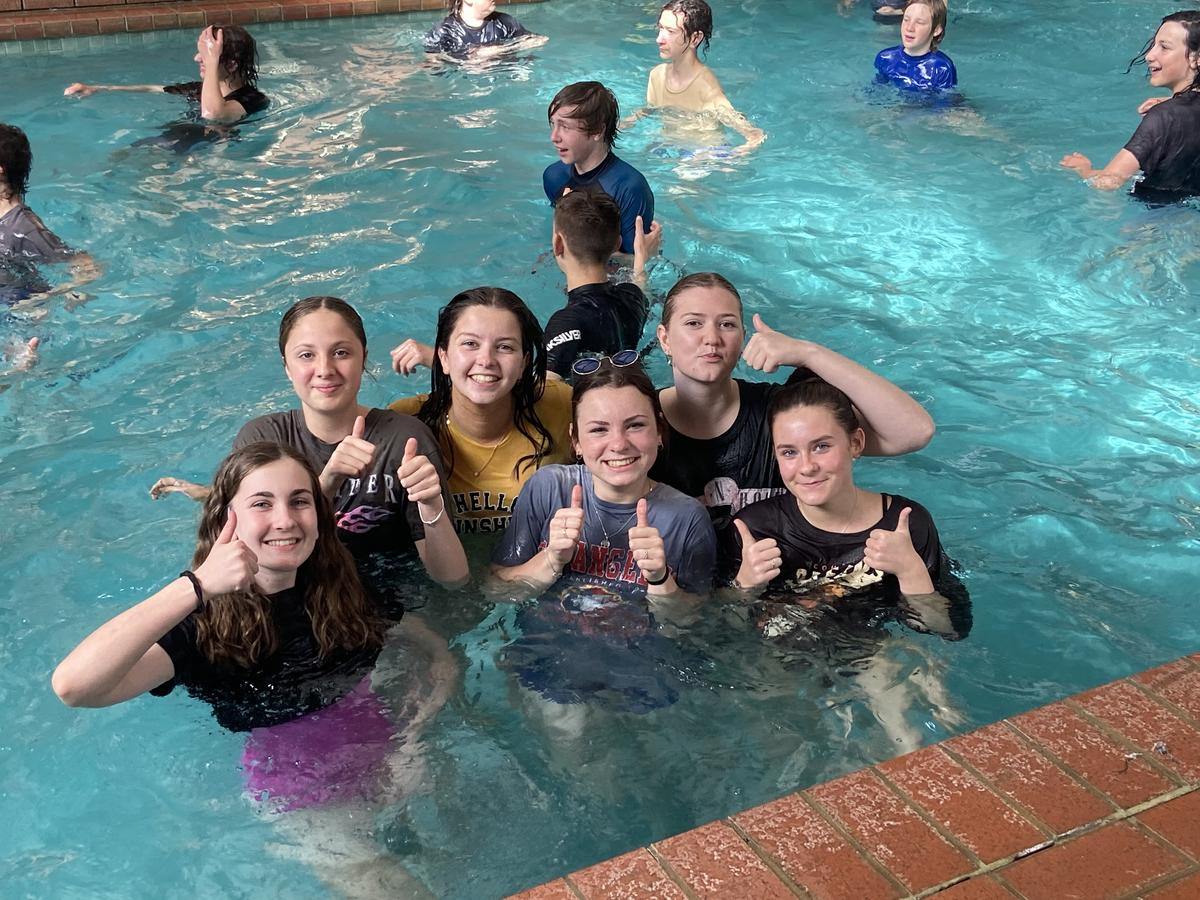
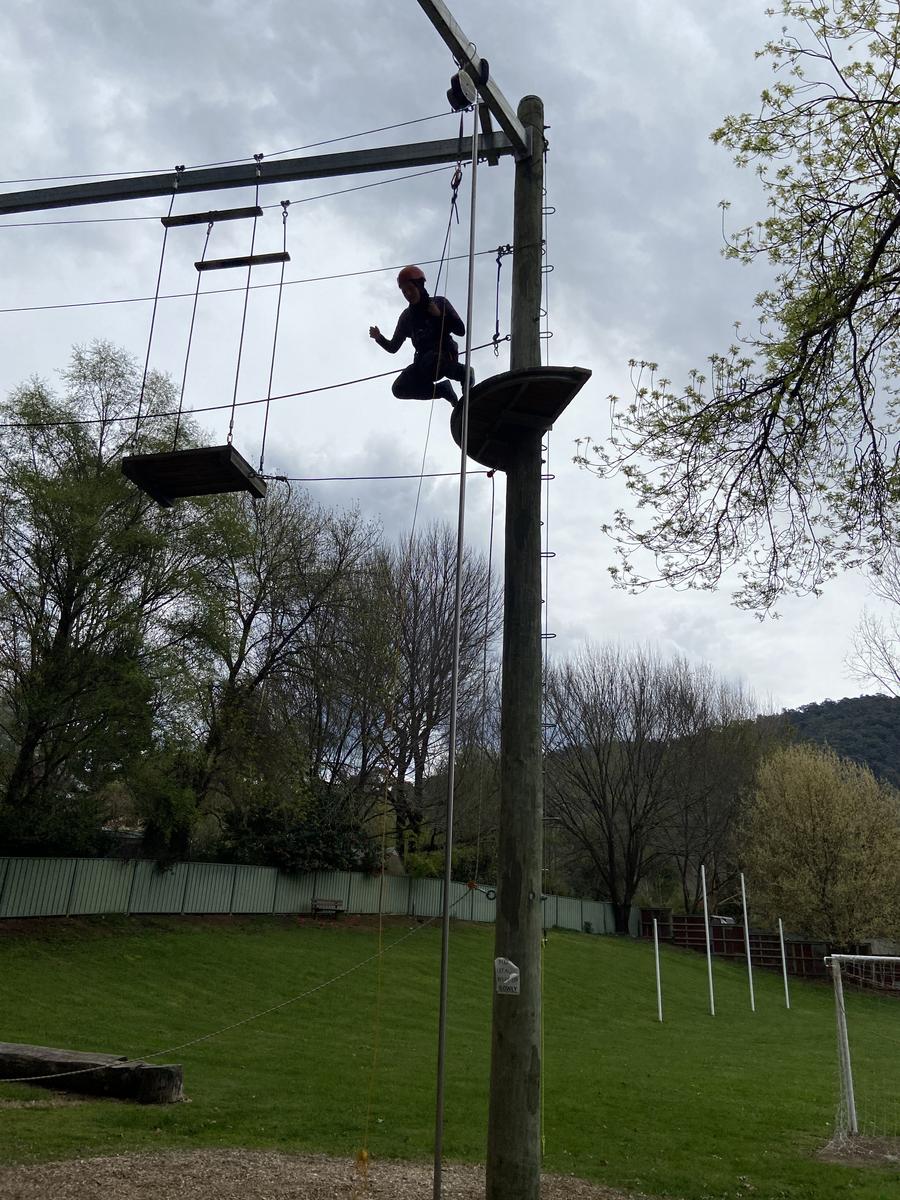
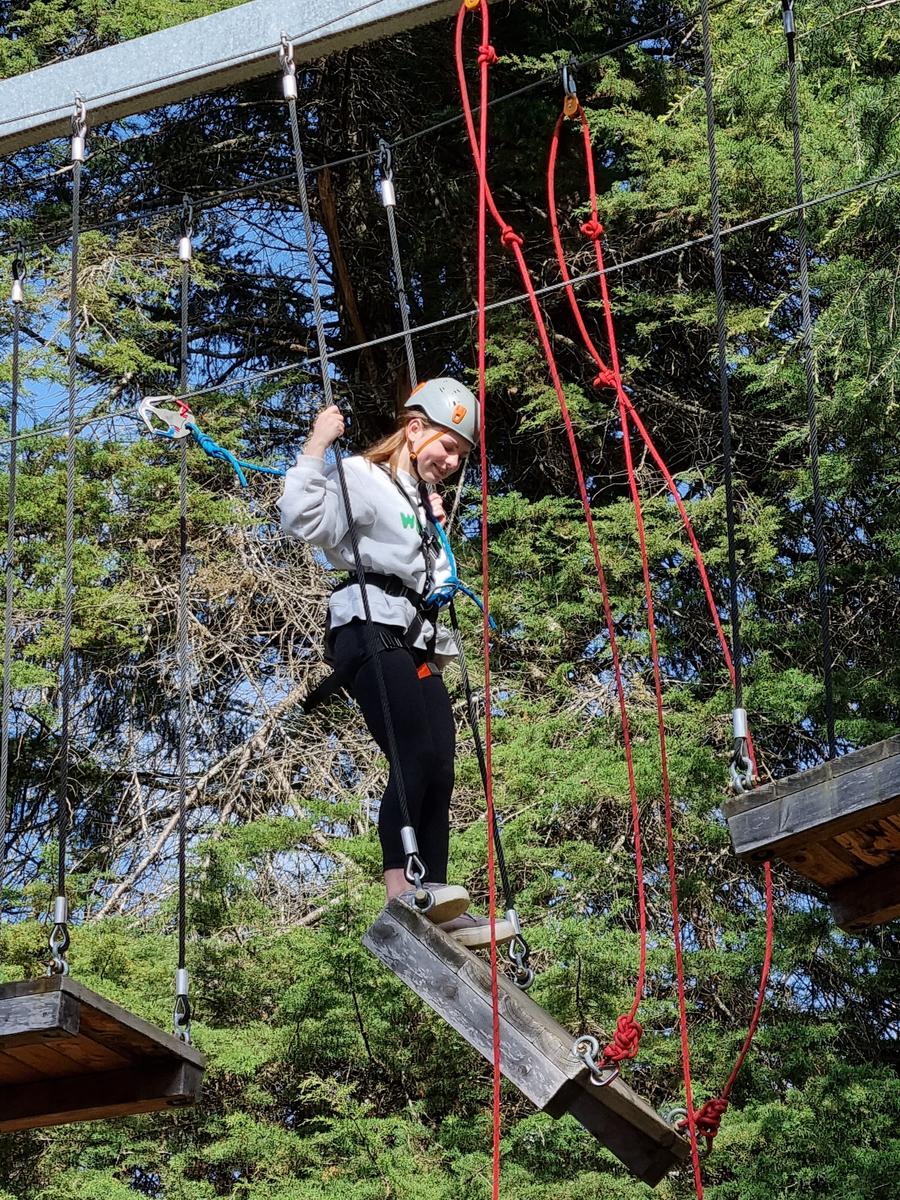
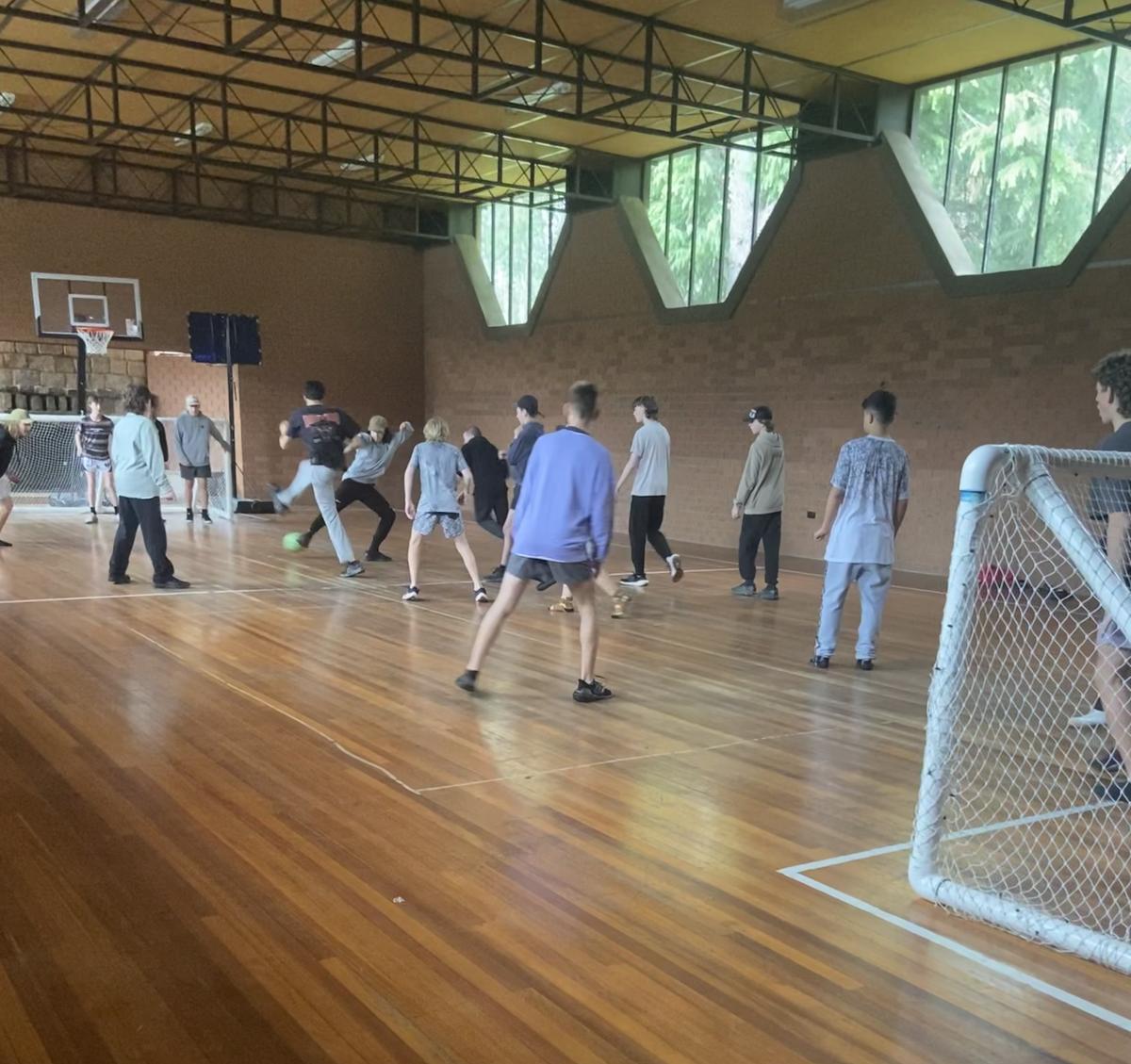
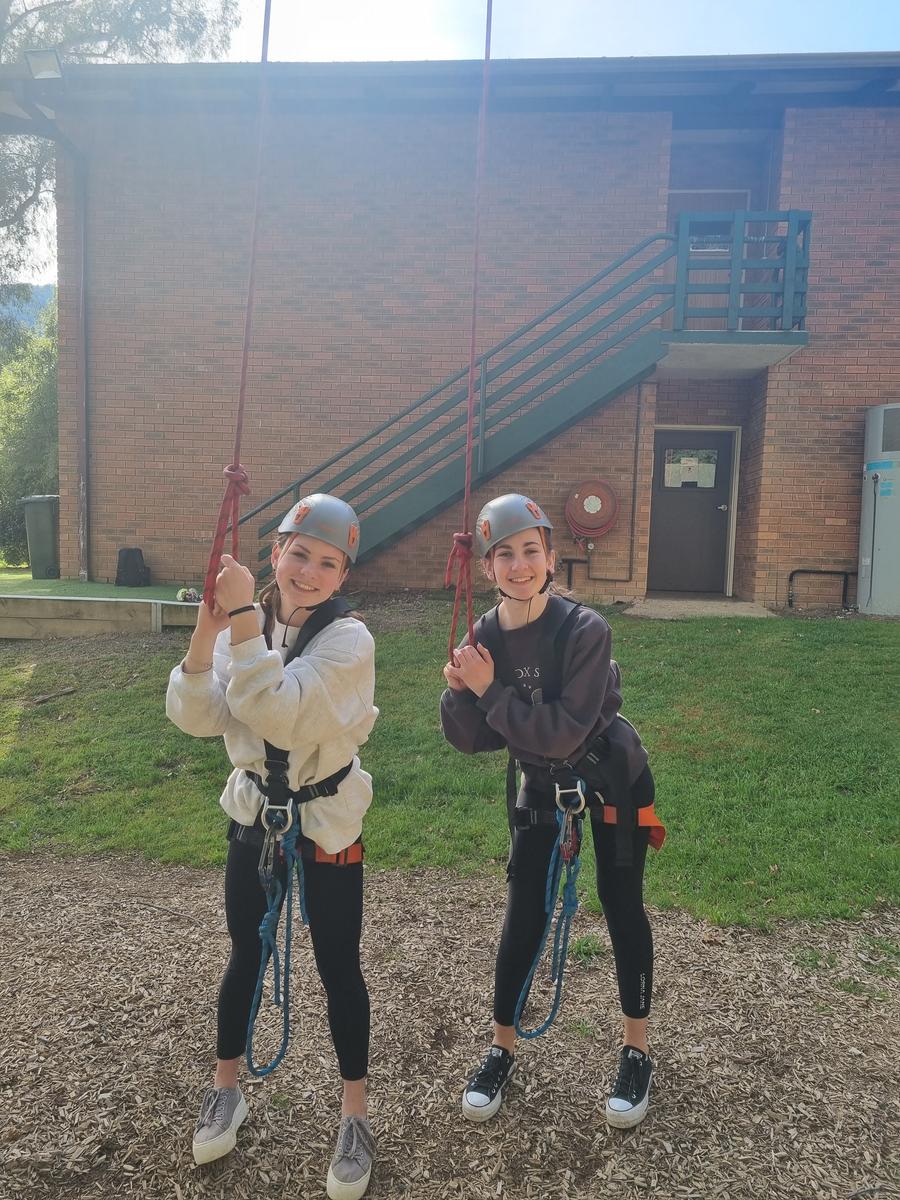
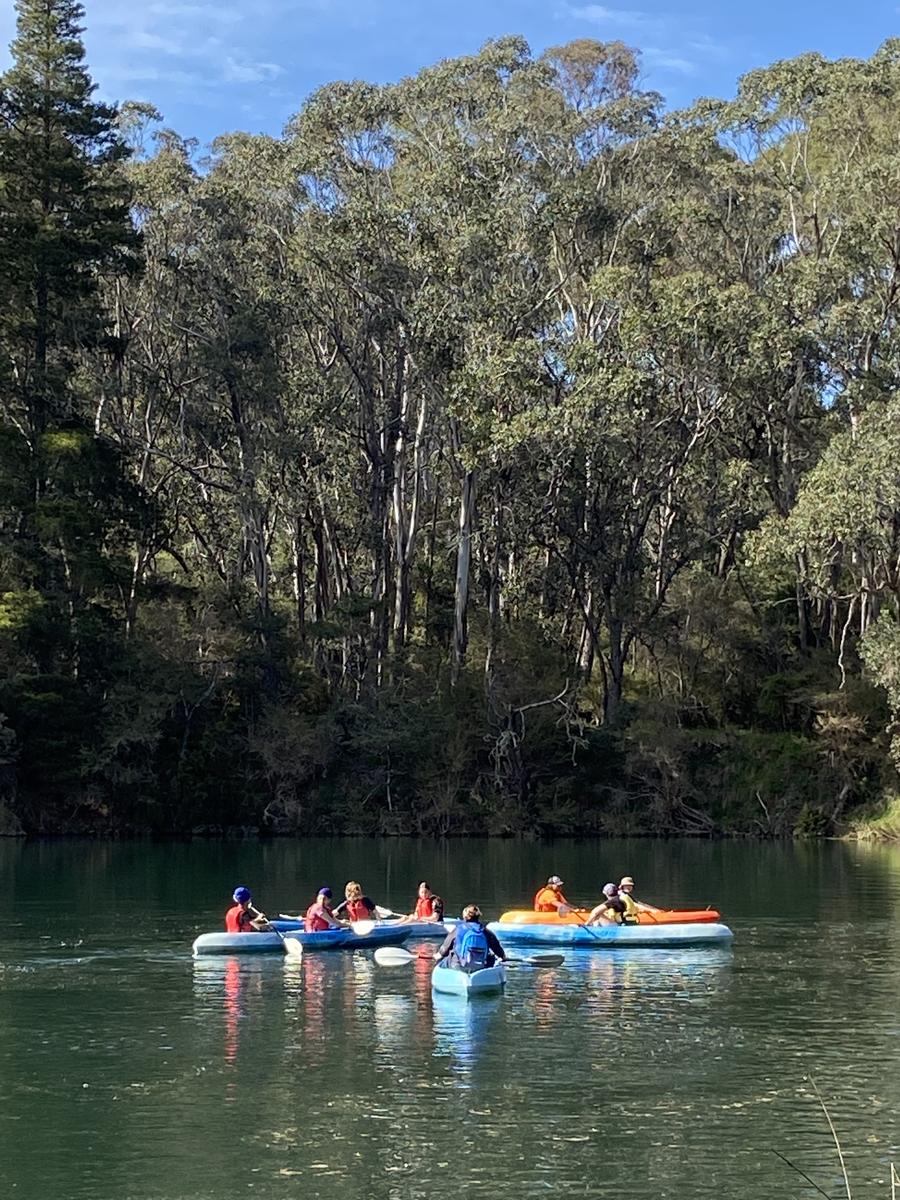
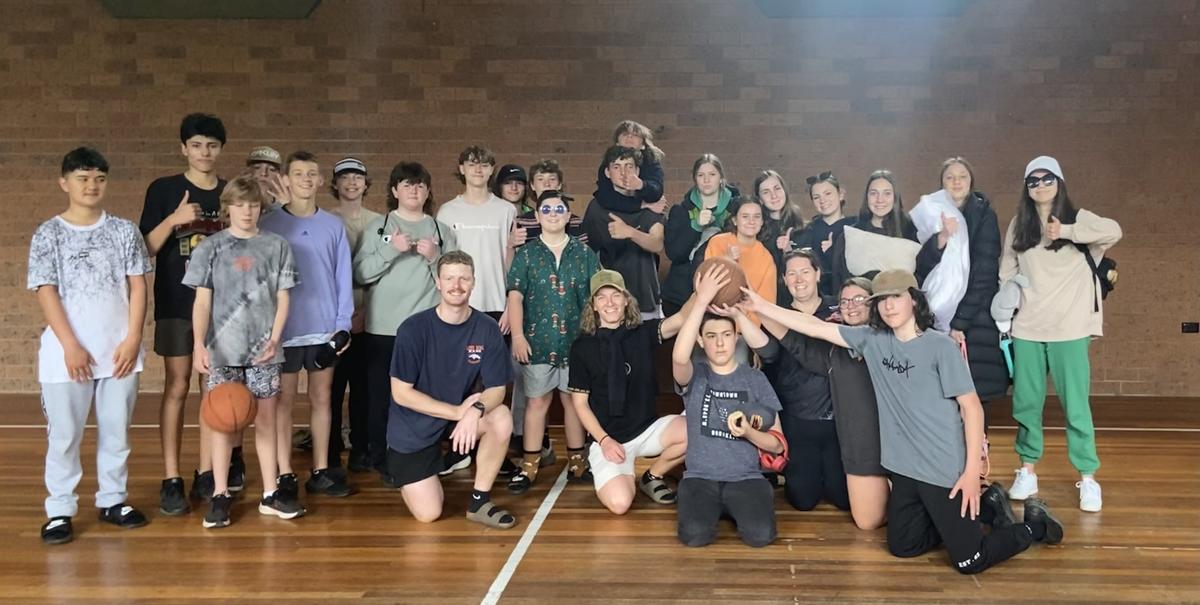






















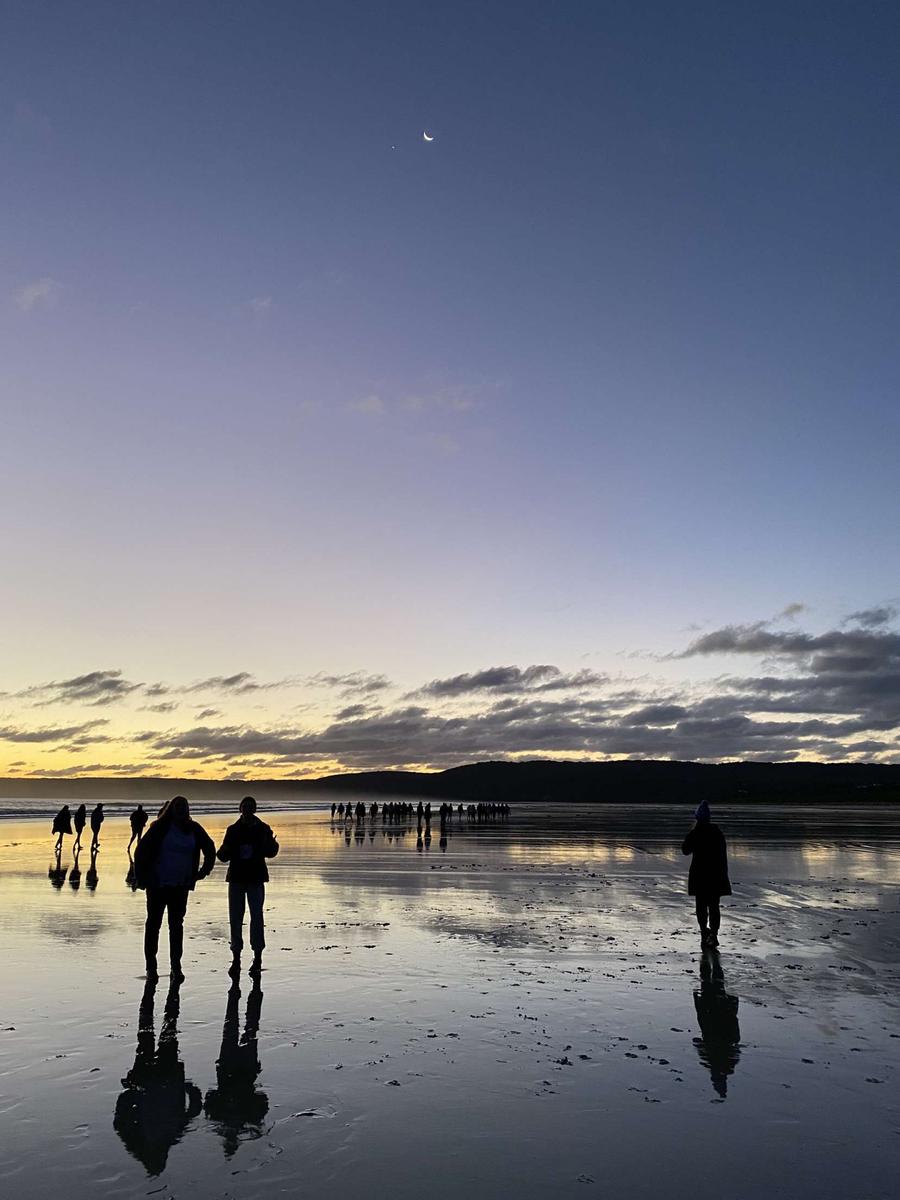

Year 9
We are looking forward to our Waratah Beach Camp at the beginning of December!
Term 4 presents a massive learning opportunity for the Year 9 cohort. The title of our inquiry is iTime, or "innovation Time", where students are innovating on a project of their individual choice; choice within their mode of delivery of their project, choice within the content areas that they research, and choice within how they use their research to drive their own learning.
During this term students will strongly develop their self-management and research skills in the way that they navigate themselves to relevant content workshop sessions, as well as connecting the concepts they are learning during each session.
All staff and students are energised in the way that this term has come together so far, and we are keen to see the results of the hard work of everyone involved. Be on the lookout for more communication around student projects, and a potential showcase!
| Subject / Content area | Curriculum connection | Assessment | Assessment due date |
| English | iTime | Individual passion projects | Week 8 |
| Maths | Measurement and Geometry | Open-book test | Roughly Week 4 Roughly Week 8 |
| Religious Education | Source of Life Stewardship and Our Common Home | Audio reflection of camp | Post camp Week 9/10 |
| Science | Science as a Human Endeavour | History of Science timeline | Week 7 |
| Health | Contributing to healthy and active communities | Healthy communities, places and spaces | Week 6 |
| Italian | Writing | Food diary | Worked on weekly, due Week 6 |
- Adam Zito, Year 9 Pedagogy Leader
All students in Year 9 attended a blazer fitting at the college recently. Information will be sent home with students identifying the size your child has been fitted with, allowing room for growth, to assist you with ordering your child’s blazer. Details of the ordering process for the blazers will be communicated at a later date. A reminder that all students in the School of Possibilities in 2023 (Years 10 and 11) will be required to purchase a blazer, which will need to be ordered and paid for this term to ensure arrival for school photos in Term 1.
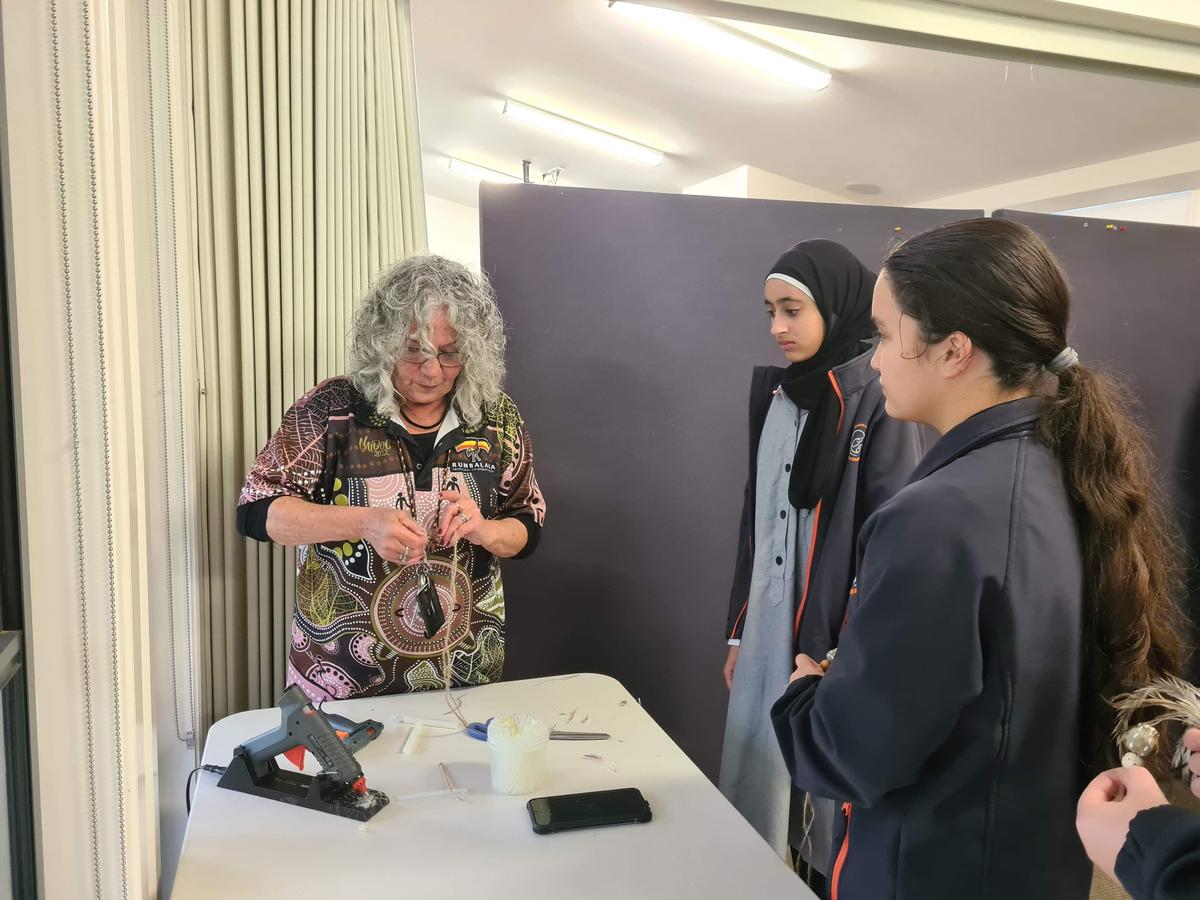

This week some of the FIRE (Friends Igniting Reconciliation through Education) Carriers went to Rumbalara as an excursion in Mooroopna. When we first got there, a lady called Cheryl was the one who led the session. She taught us how to make emu feather necklaces by getting a string and wrapping it around each feather as we put the feather on. We then got a necklace that was pre-made that had beads on it. We got to design the beads with different coloured Textas. We then handed it to Cheryl for her to hot-glue the feathers on to the end of the bead, making it a cool necklace.
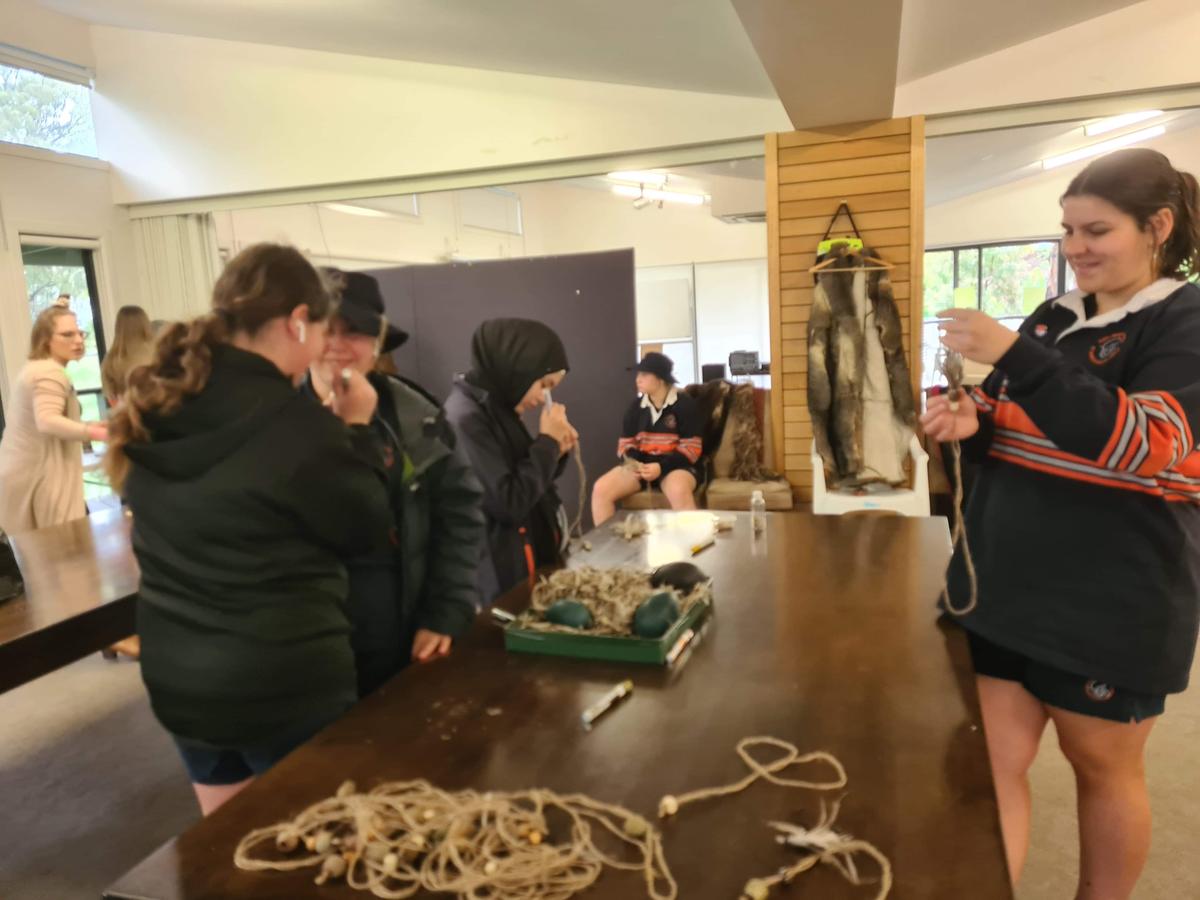
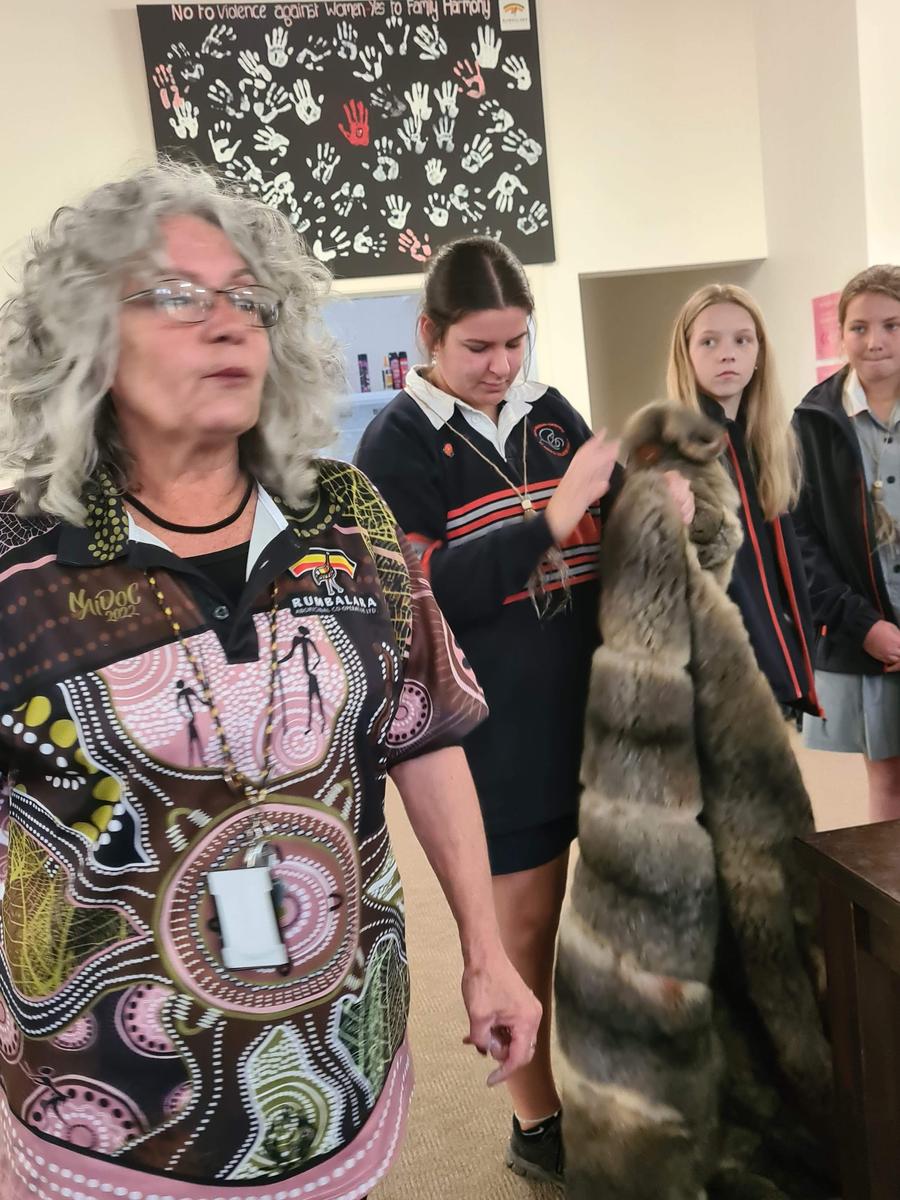
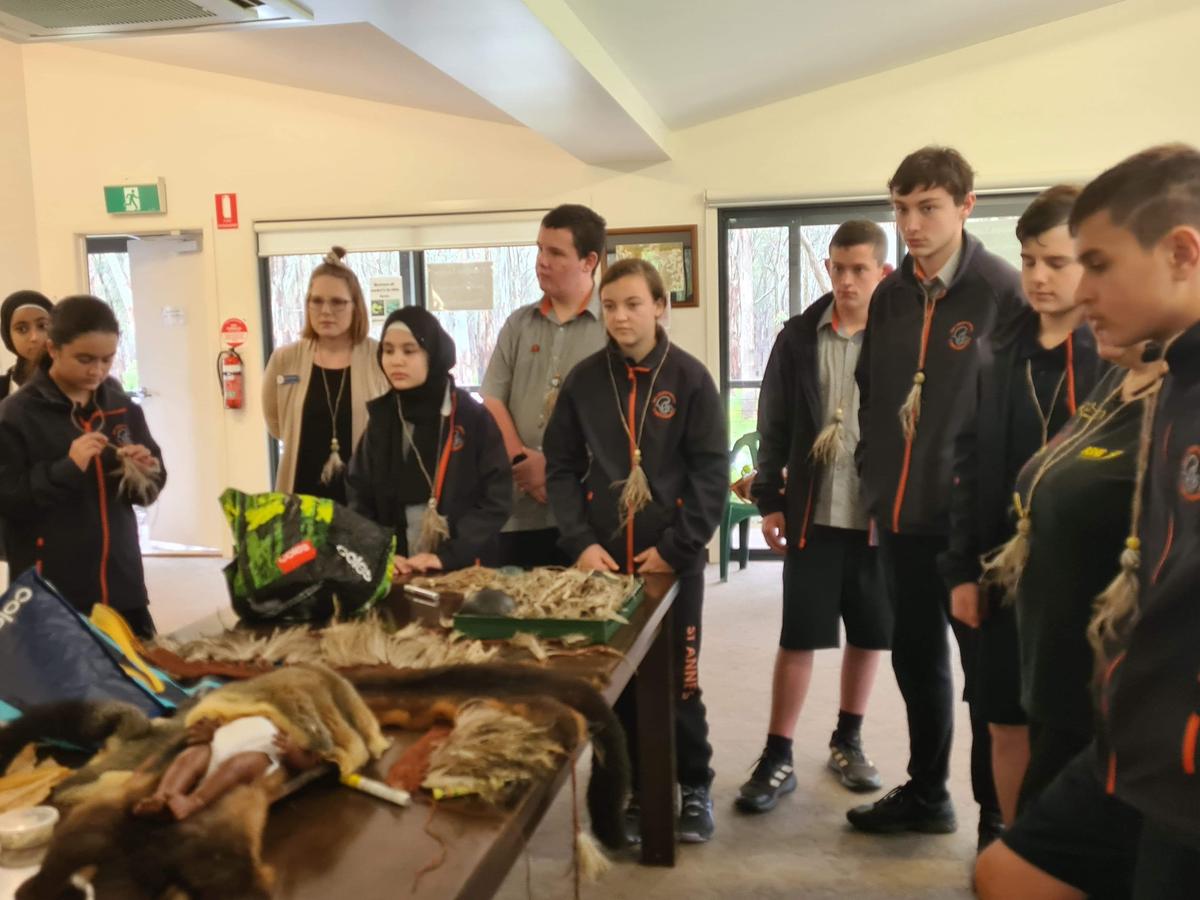



We then got to see some clothing that Cheryl and her co-workers had made, including a fur coat made of possum fur, kangaroo fur and also a feathered skirt she had crocheted. Cheryl had shown us an echidna kept in her freezer that had died from roadkill. It was given to her by a sanctuary. They also had kangaroo teeth.
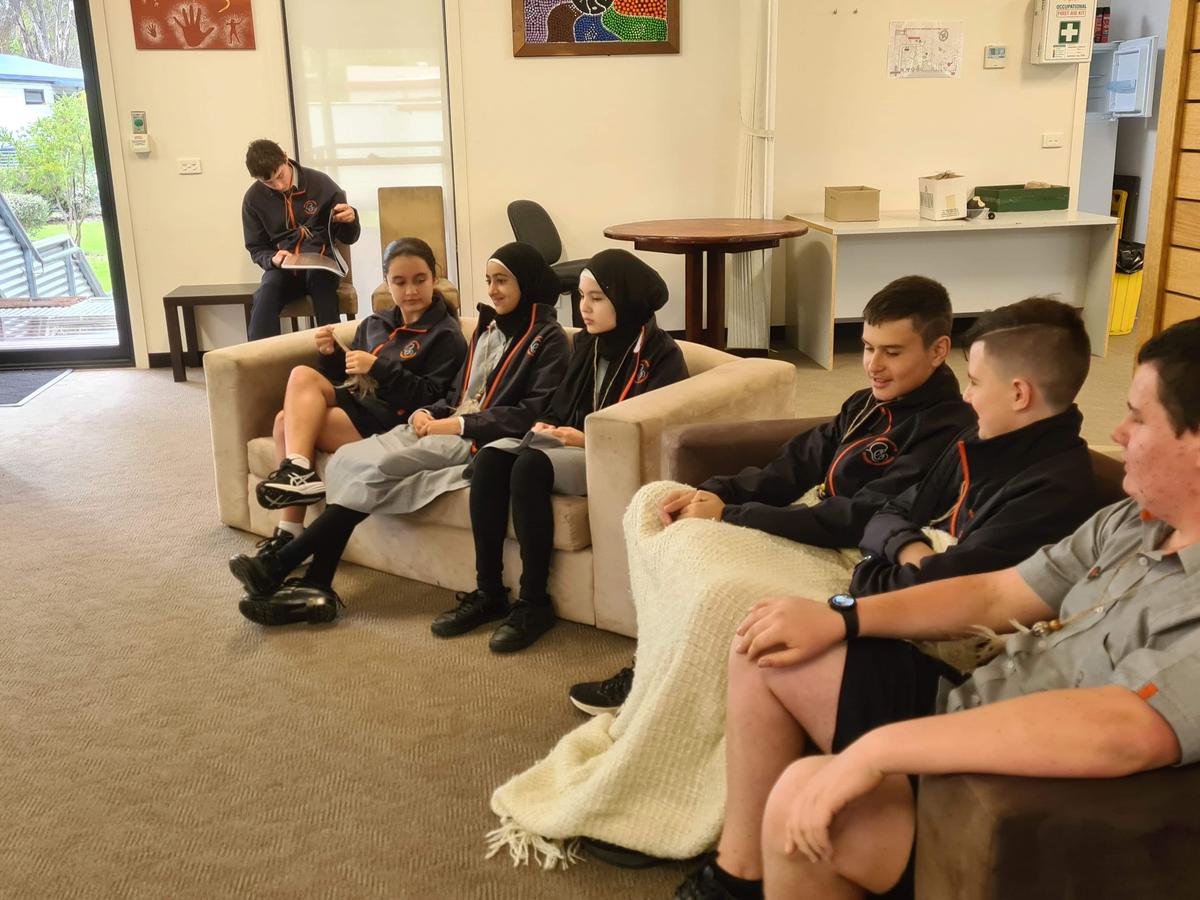

We then sat on some couches to watch a presentation about how the First Nations people lived back then. We learnt some sad stories and some good ones too. The one that stood out to us the most though was when she said Queen Elizabeth had visited Shepparton once! We learnt how the Aboriginal people were treated, and saw some clips of how they lived back then too. They told us that they had recreated a house that the Aboriginal people used to live in which was mostly made out of tin, and they let us go inside it.
Later on, a man called Uncle Lance talked to us about reconciliation. He also talked about racism, life back then and much more. We then got to have a tour around the Rumbalara area, visiting the medical centre, and some old houses that the Indigenous people lived in. We had a lot of fun and will hopefully get to go again.
- Zahraa Gathban, Year 7, School of Innovation
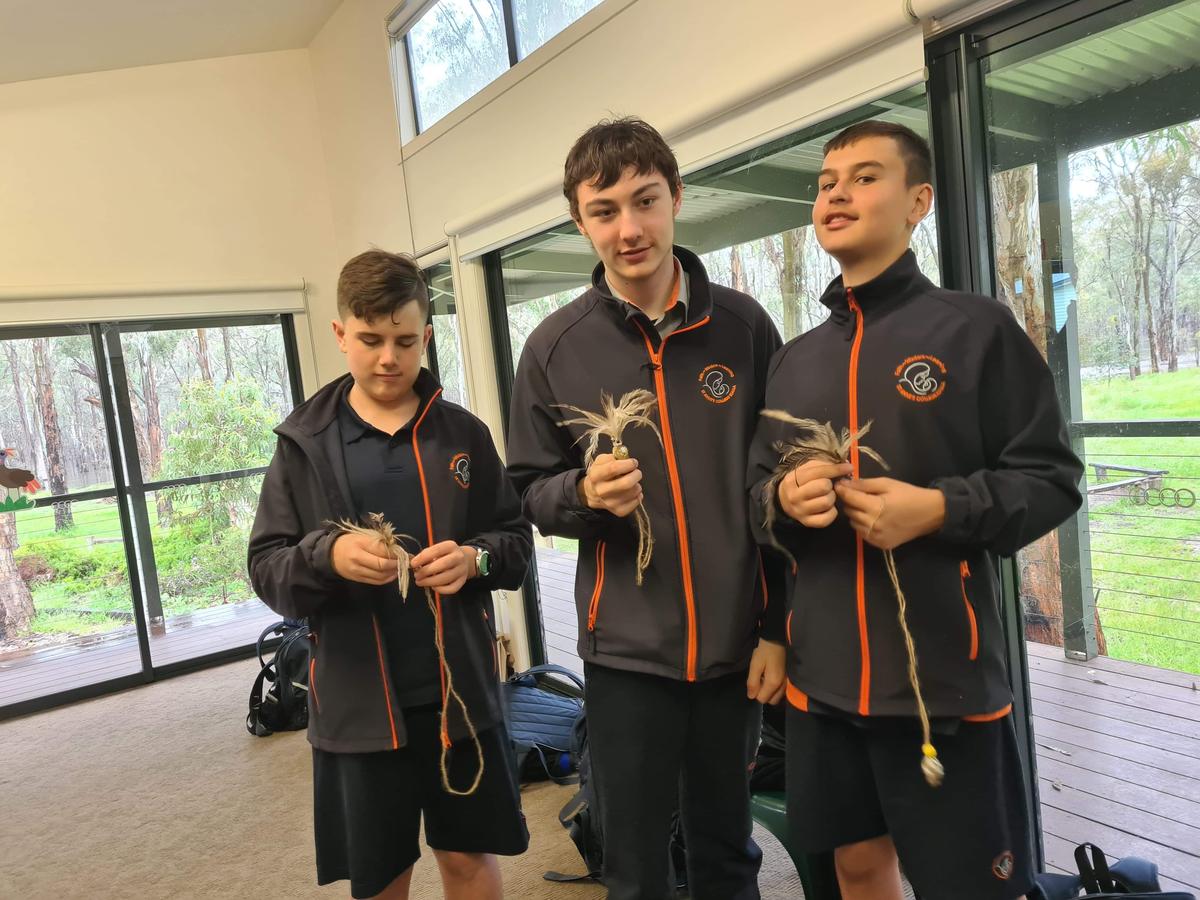

When we took a trip to Rumbalara this week it was really interesting. We went over there to learn about Aboriginal culture and practices for the FIRE (Friends Igniting Reconciliation through Education) Carrier program and after we left they seemed to want us to come back.
When we first got there we were greeted with a warm welcome from one of the elders. Once she took us inside we made necklaces out of gum nuts and emu feathers. Once we were done they taught us that the necklaces were a sign of safe passage to Aborigines. After the explanation we went over to watch a film explaining the Cummeragunja walk-off and why it was such a big deal. After the Cummeragunja walk-off they all came to The Flats and made Rumbalara, meaning “Rainbow Town” in the language of the people living there. Rumbalara is now one of the biggest Aboriginal communities in Australia, numbering over 2000 Yorta Yorta people in care, including staff.
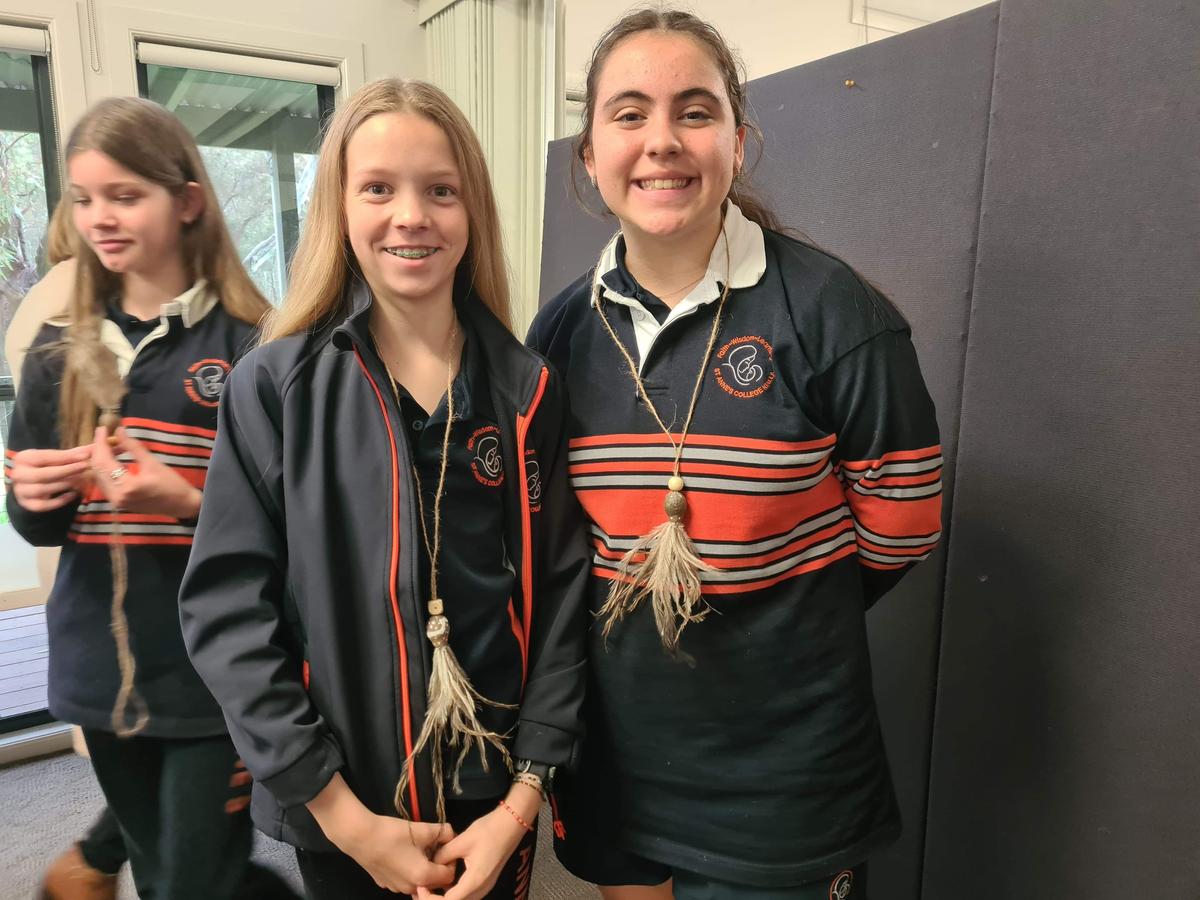
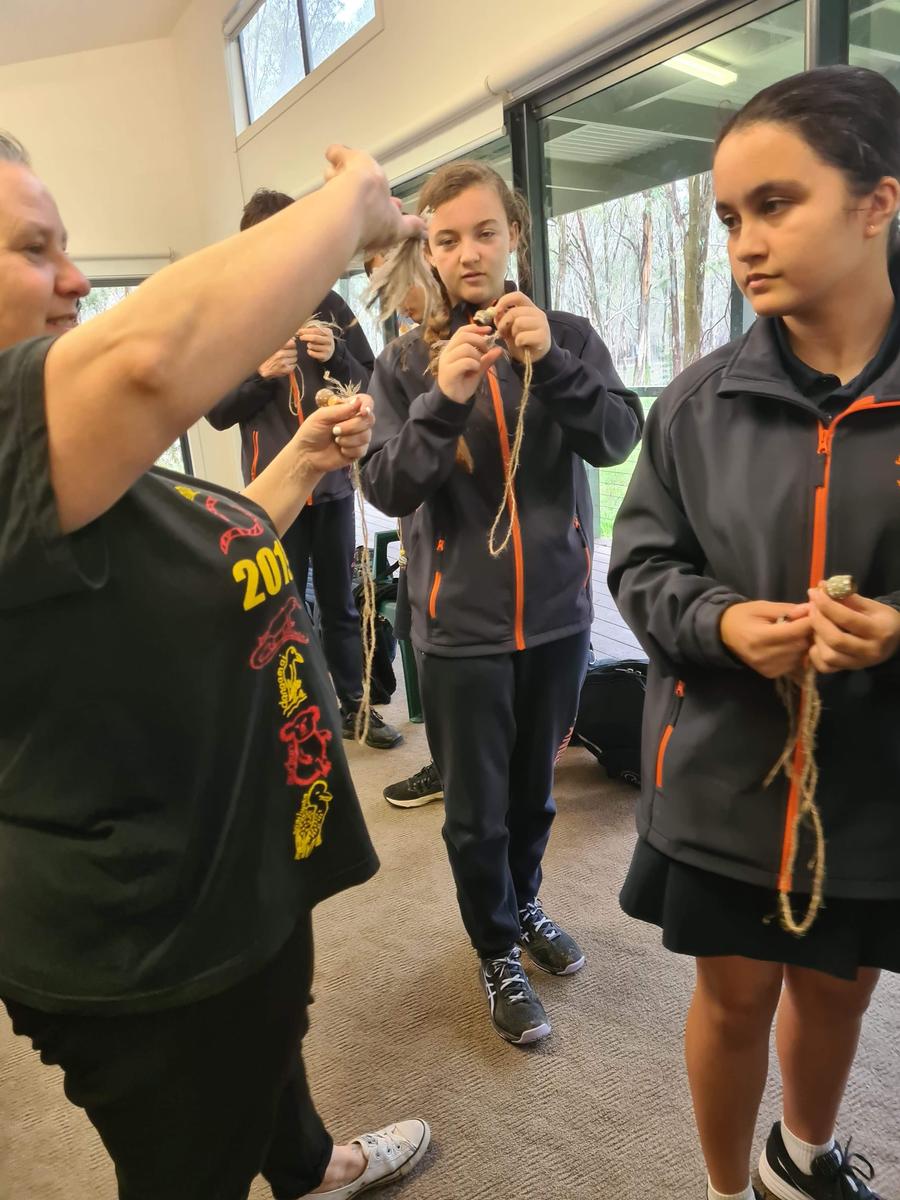
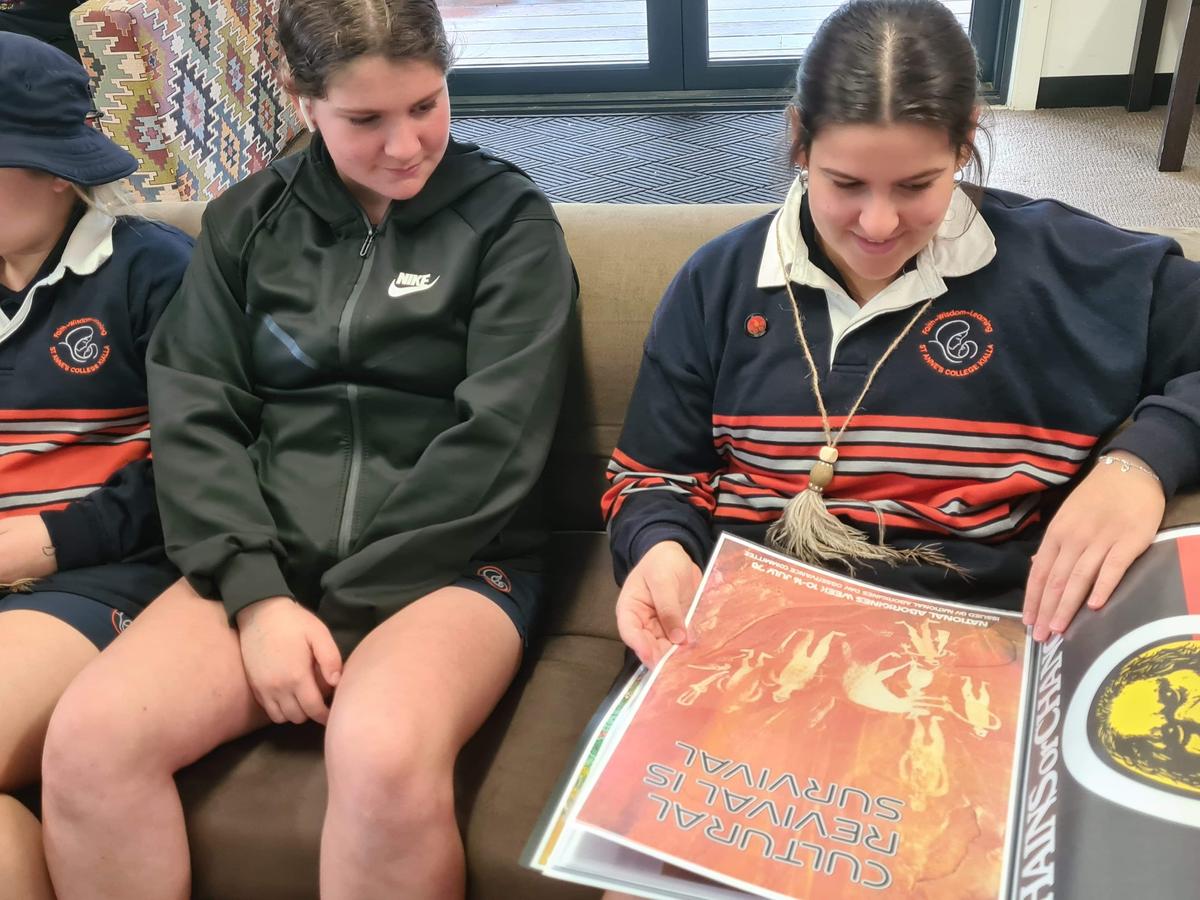



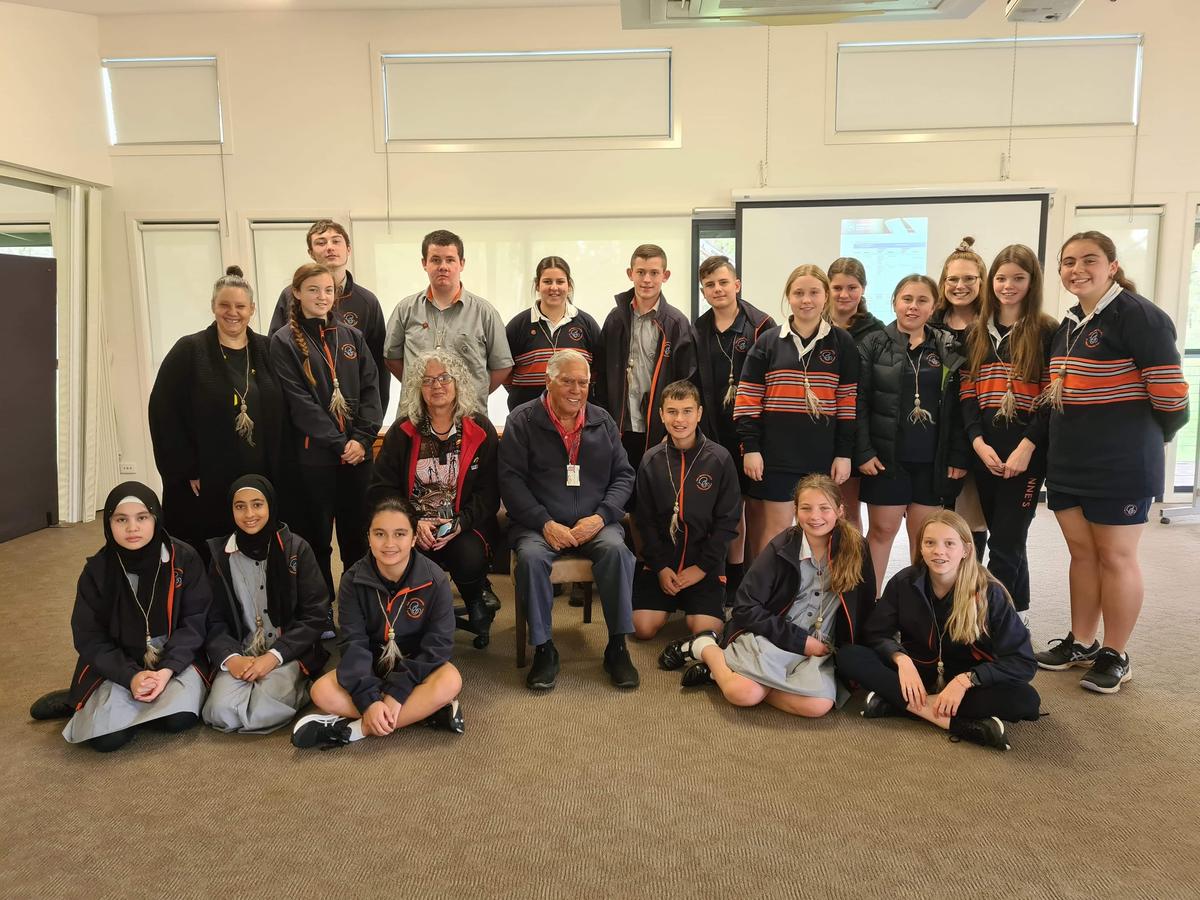

After the explanation was finished we got a more in-depth explanation from a very influential elder named Uncle Lance and he explained how they had their land taken from them and why the way they used to be treated was unfair. To explain what we had been shown, the elders took us out to see some of the houses built higher up from The Flats. They were all built out of rubbish since they got all their materials from the tip just nearby. When we were taken inside one just to see how bad it was it was freezing and leaking water through the roof and it was flooded. The entire Flats part of Rumbalara was flooded because the Goulburn River was overflowing at the time. After that we went to the hospital part that was just built in 2013. Once we were done in there we saw another old house and then we had to pack up and head away since this entire trip happened over about three hours' worth of time.
- Jack Tanner, Year 7, School of Innovation
Greater Shepparton City Council's immunisation team has advised that, due to the current flood situation, council has cancelled all immunisation services for the coming week, therefore the Year 7 vaccinations scheduled for Tuesday, October 18, at St Anne's College have been postponed until further notice.
